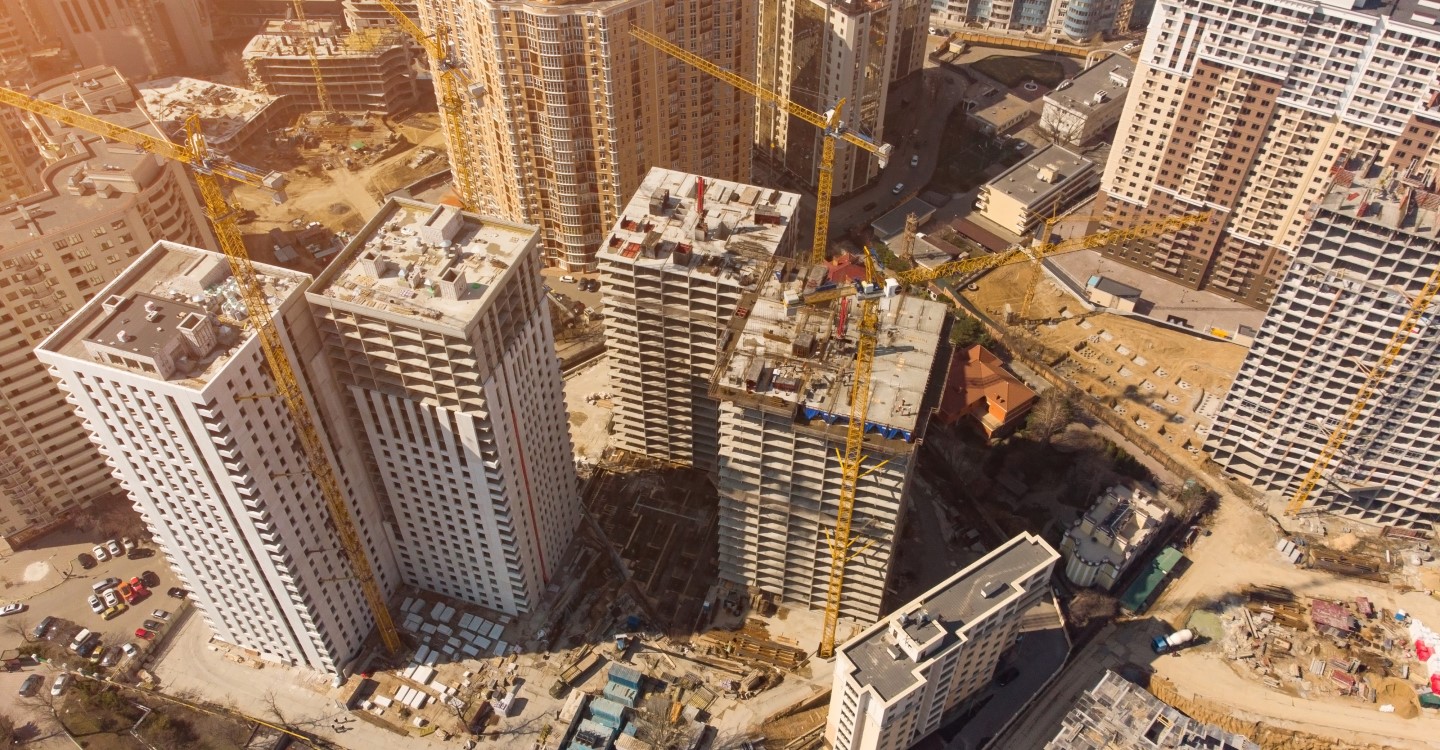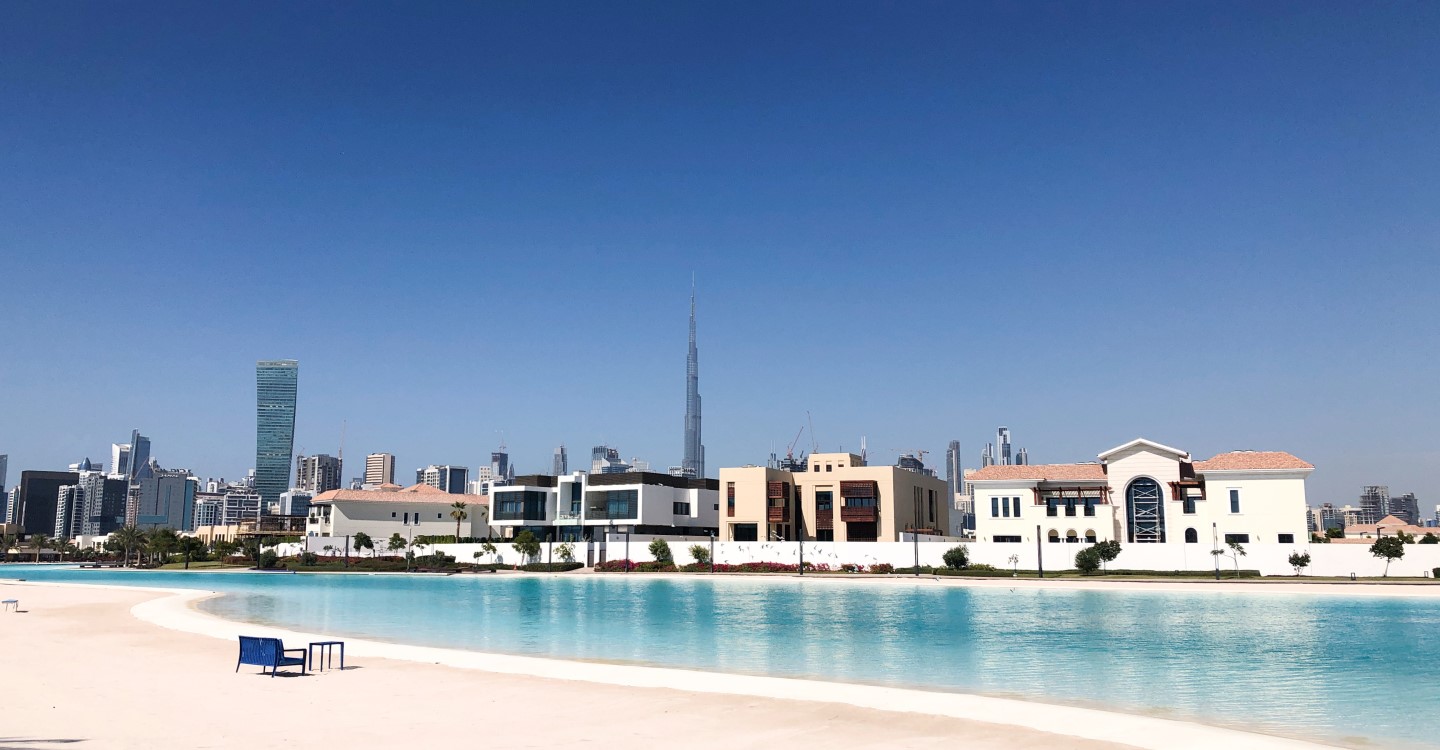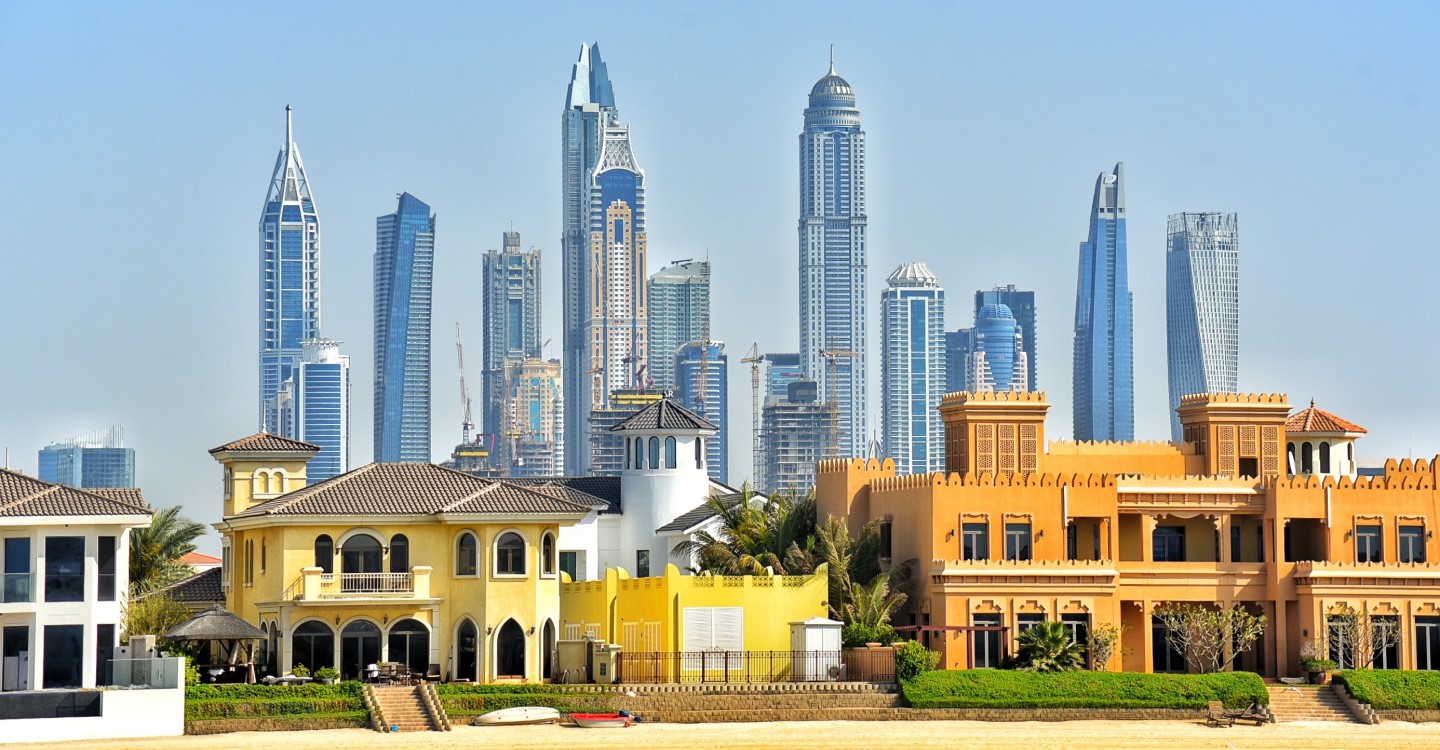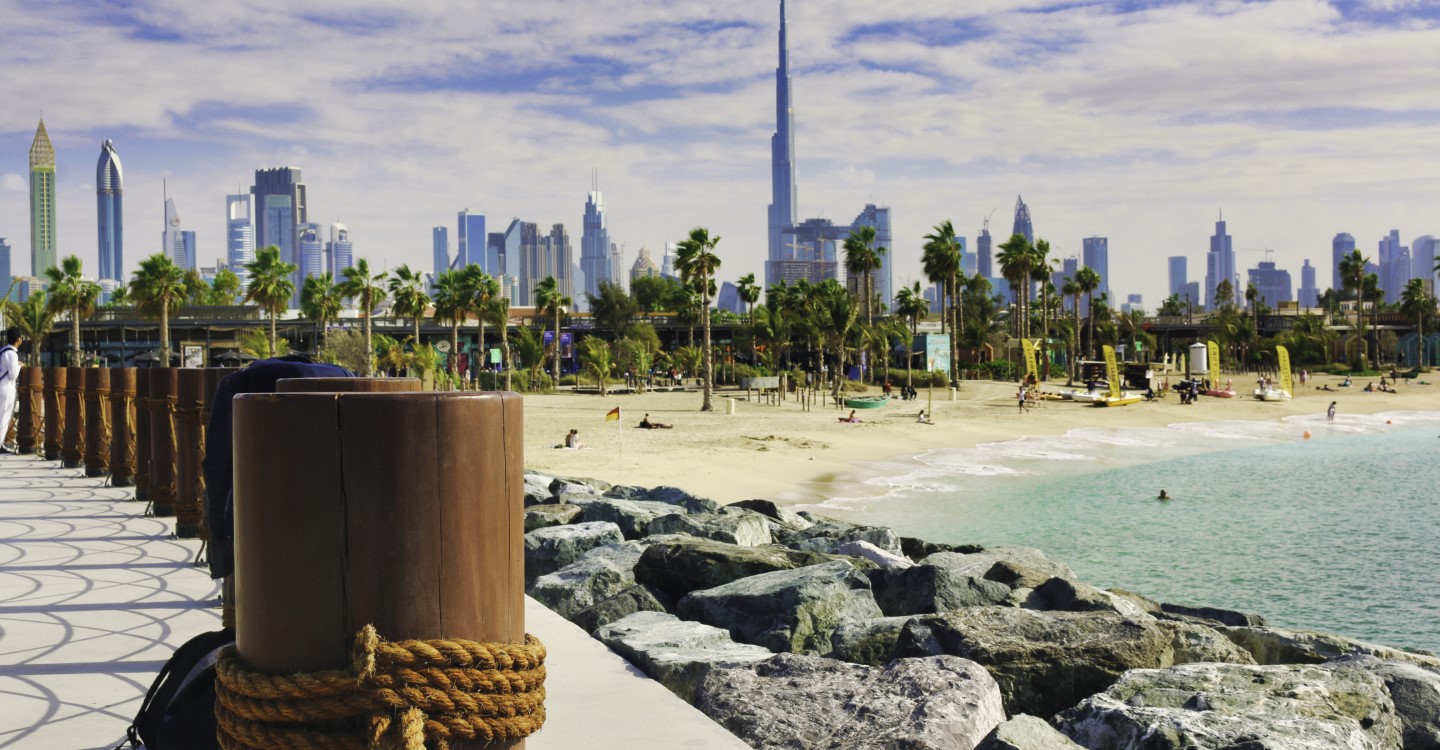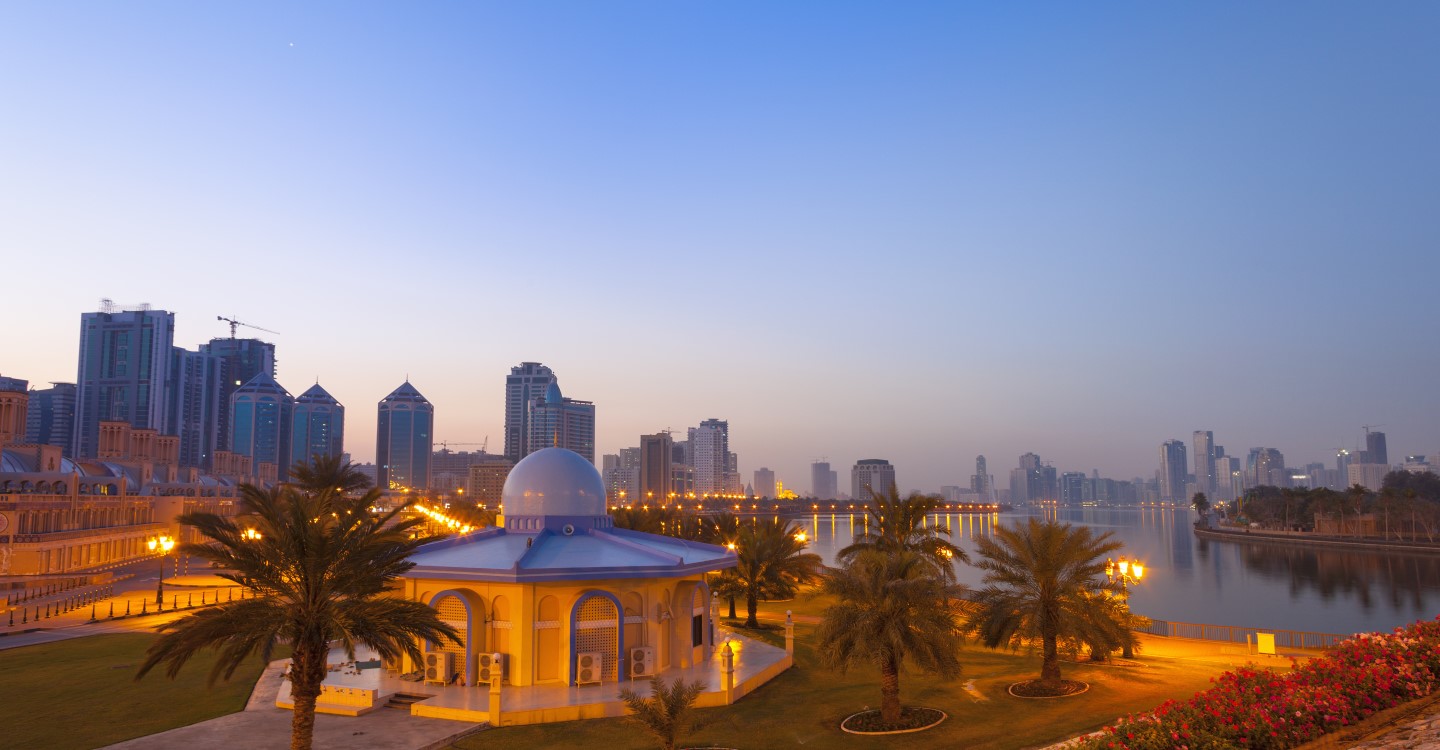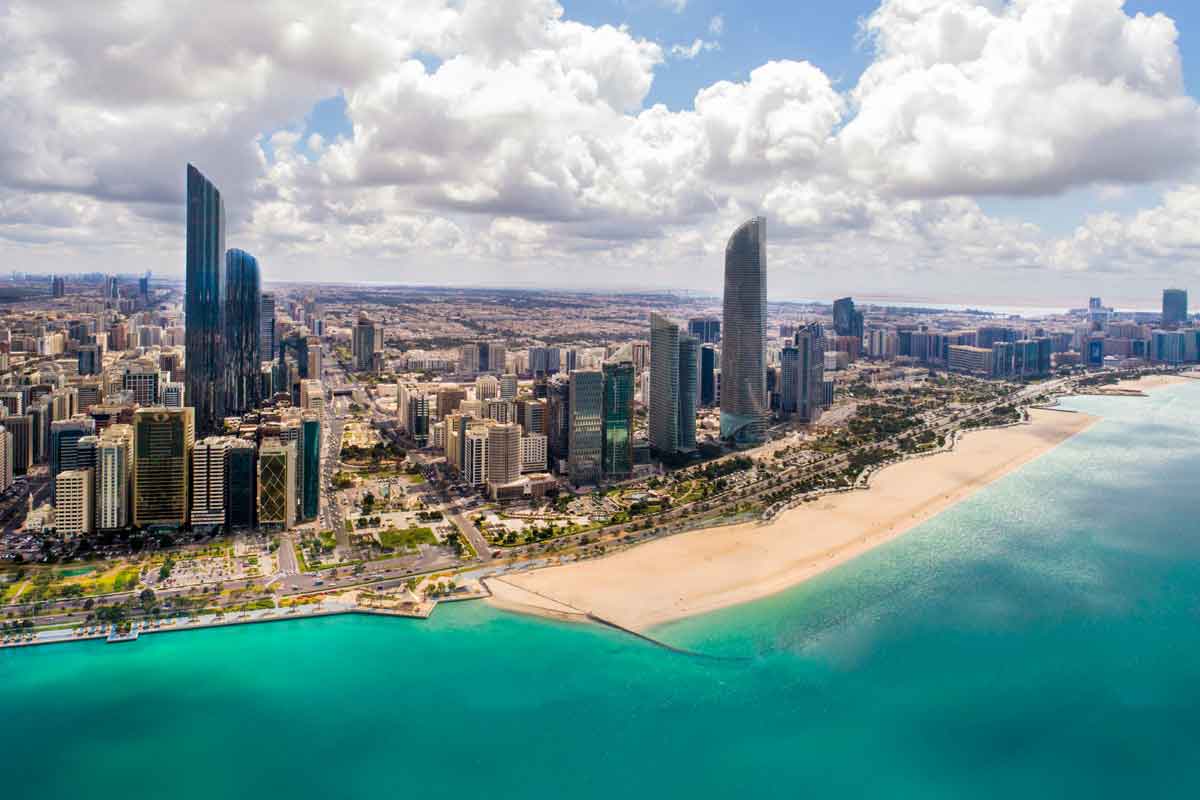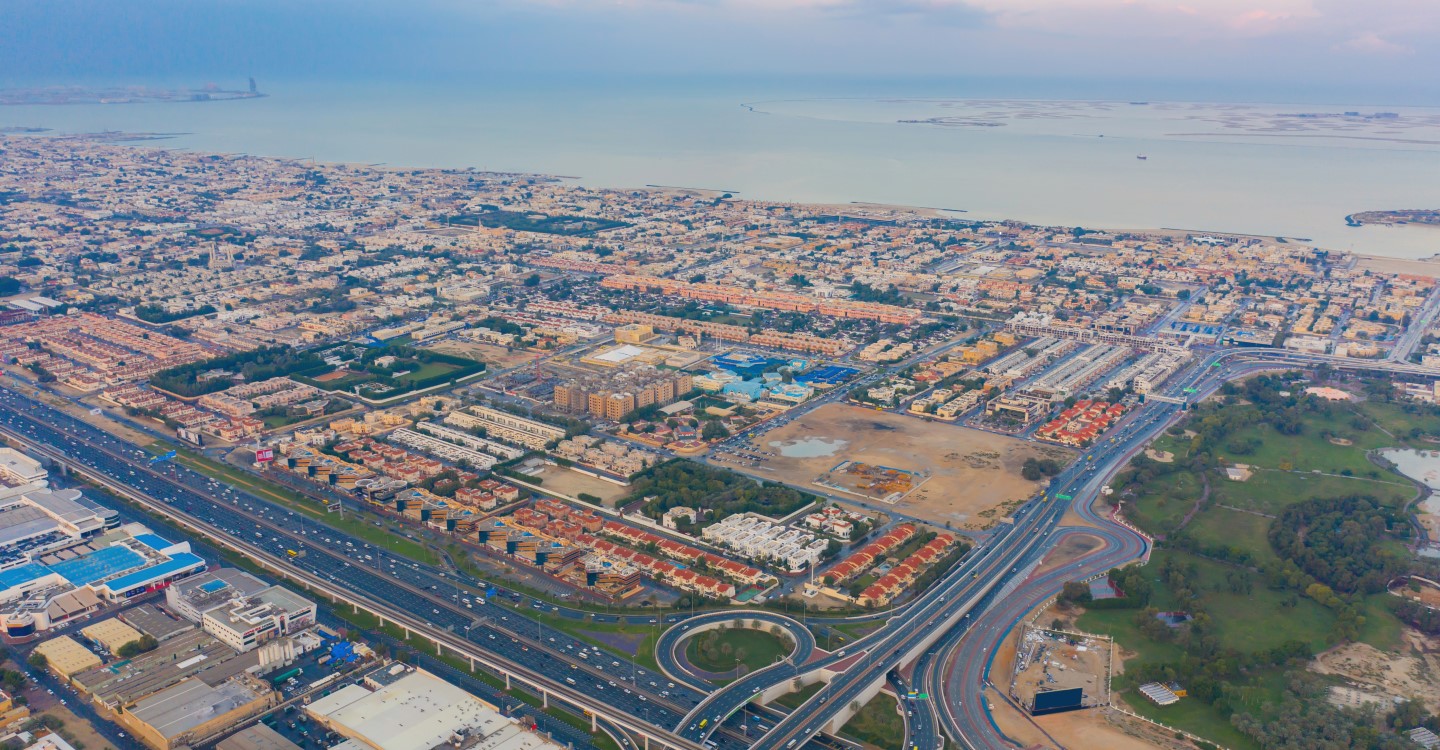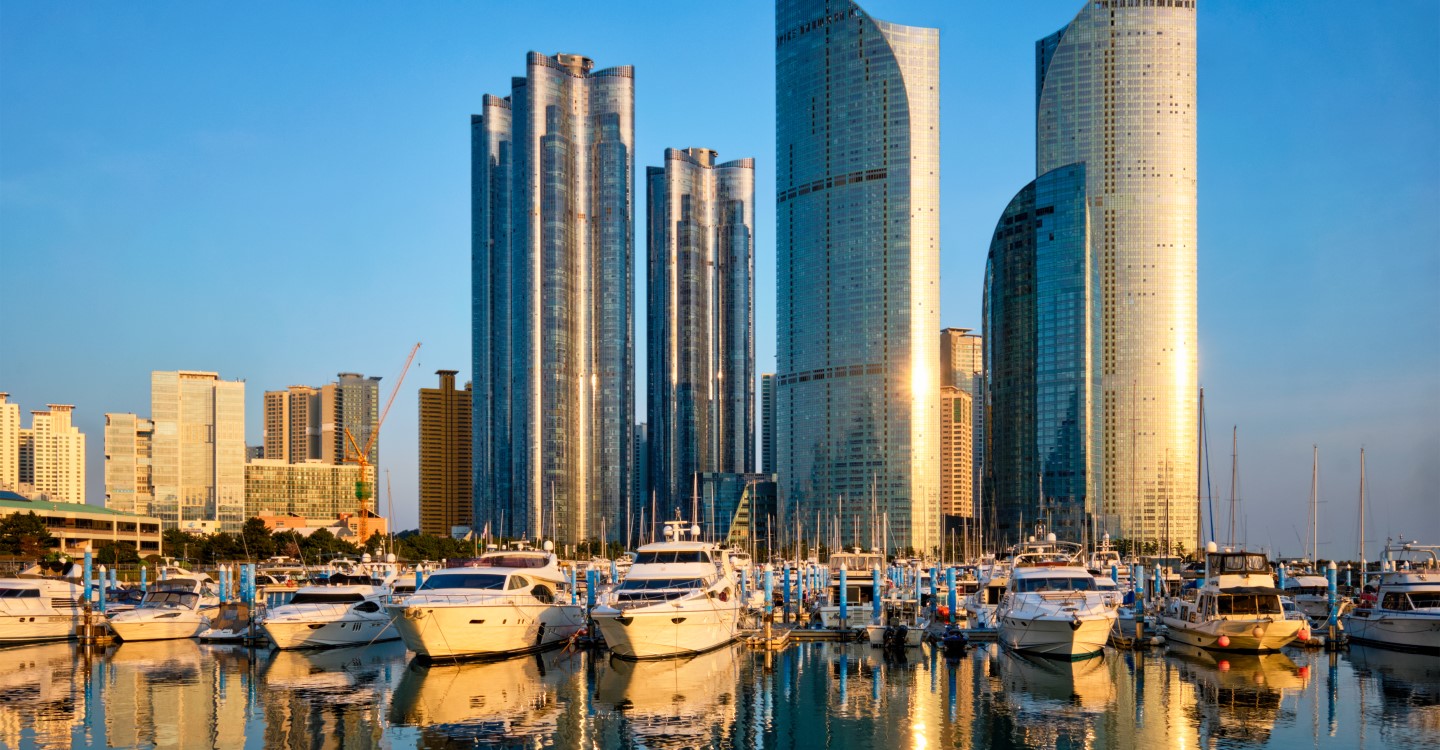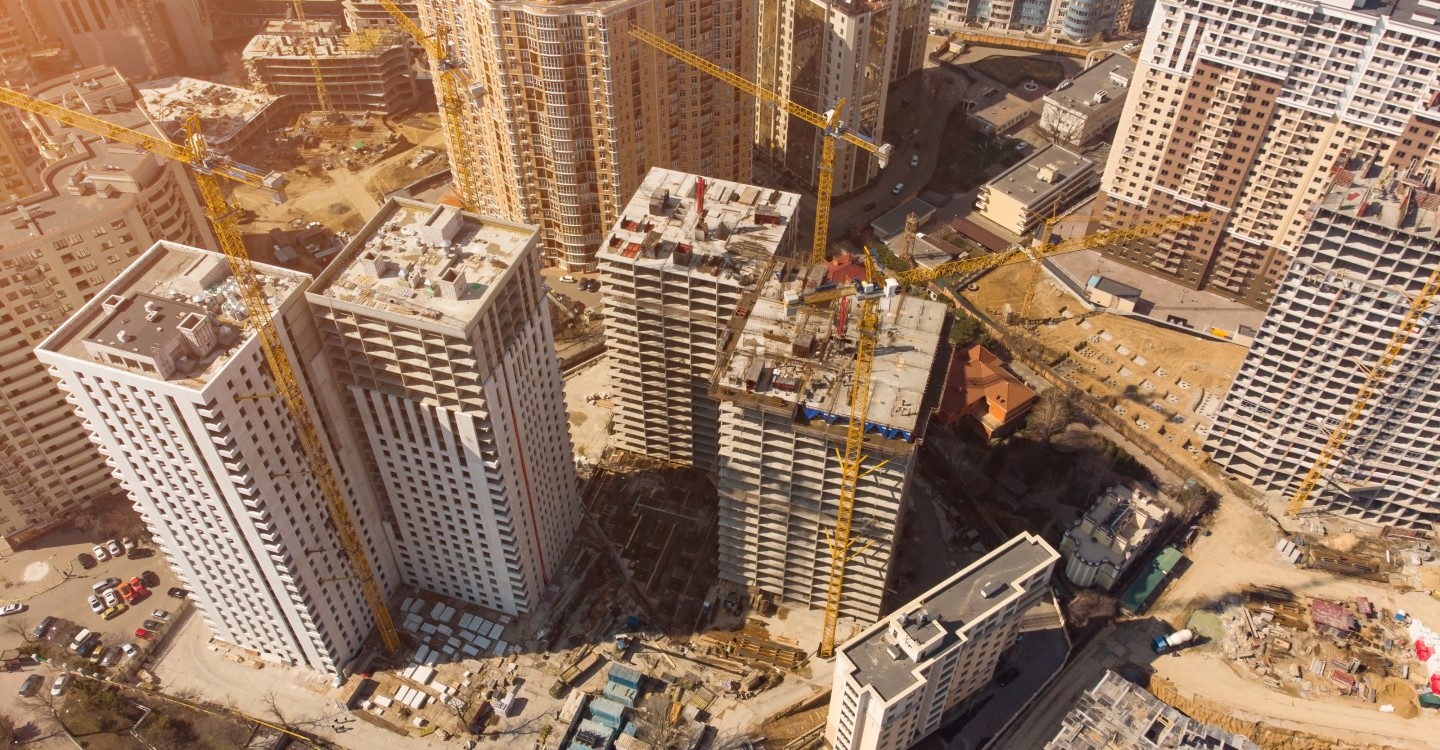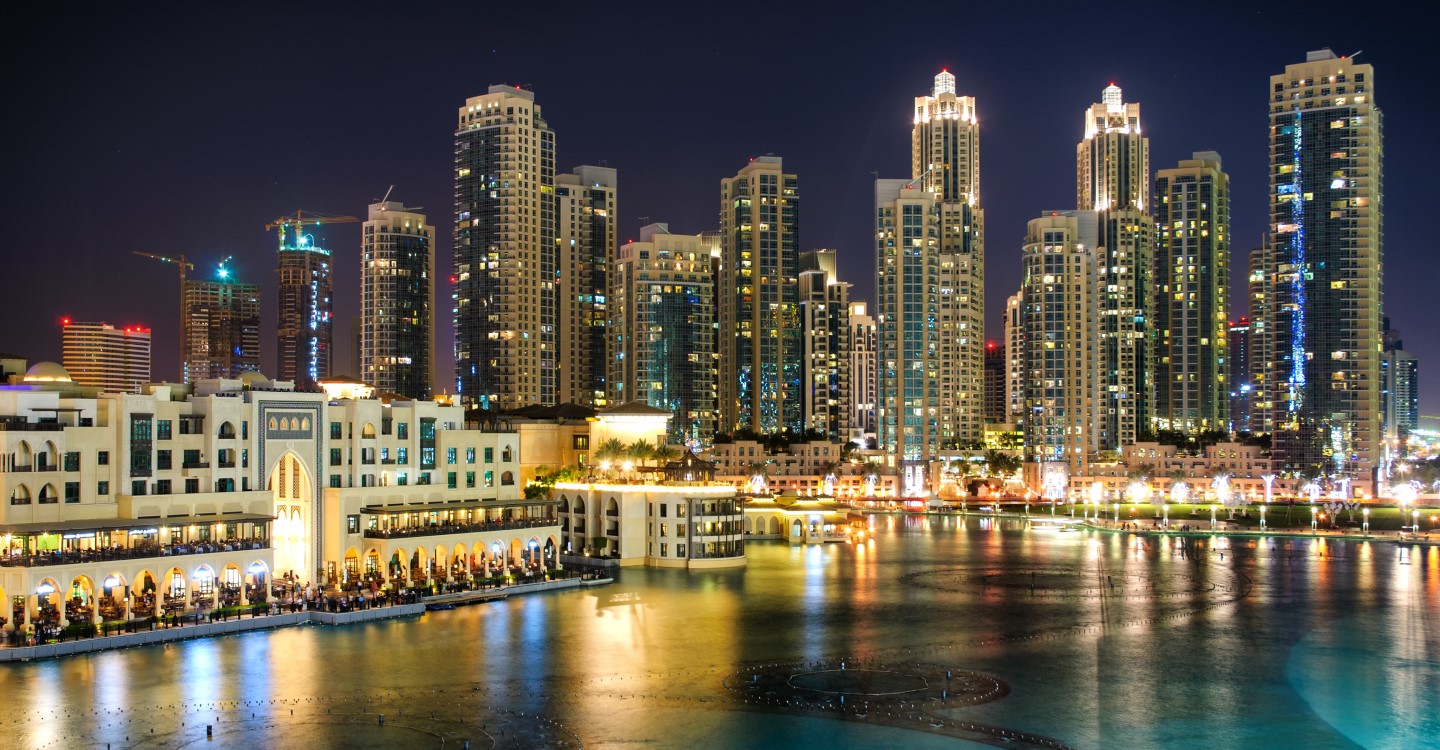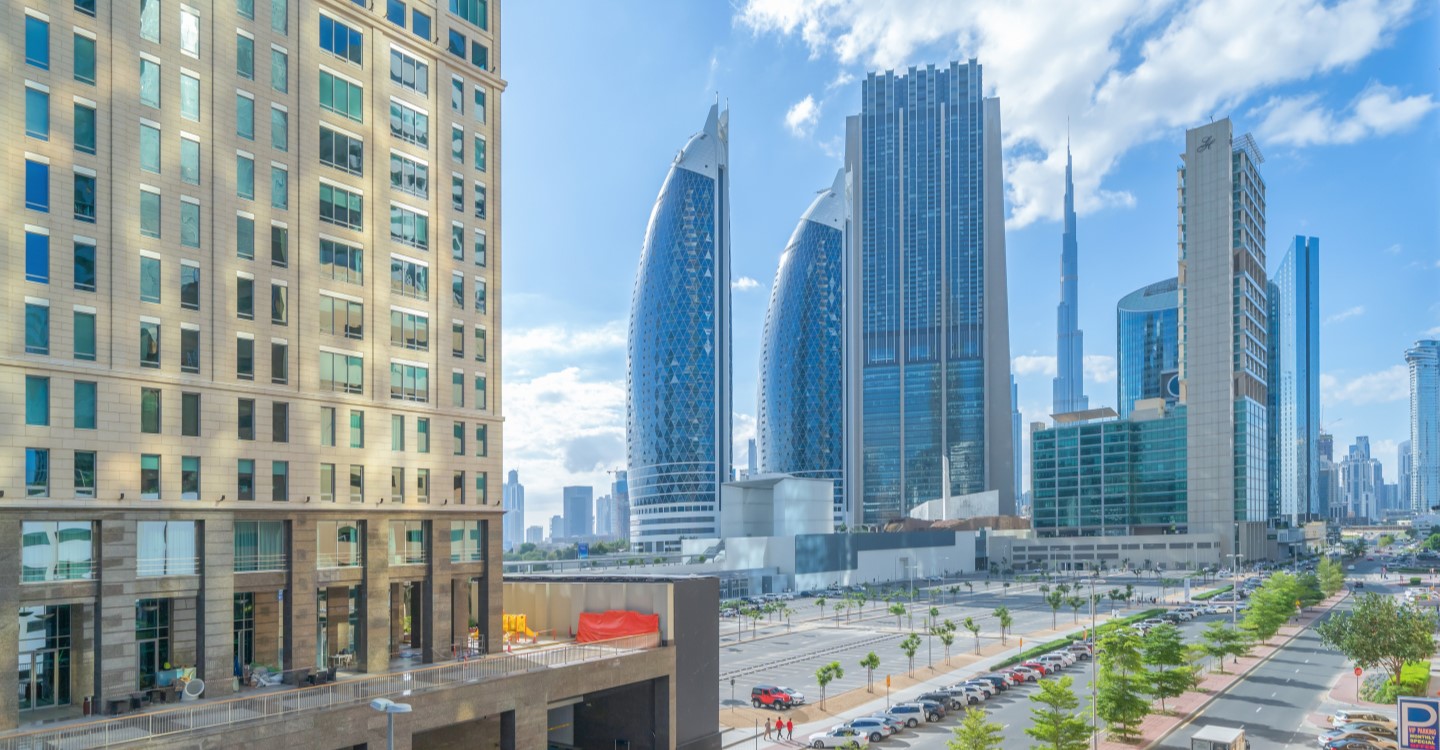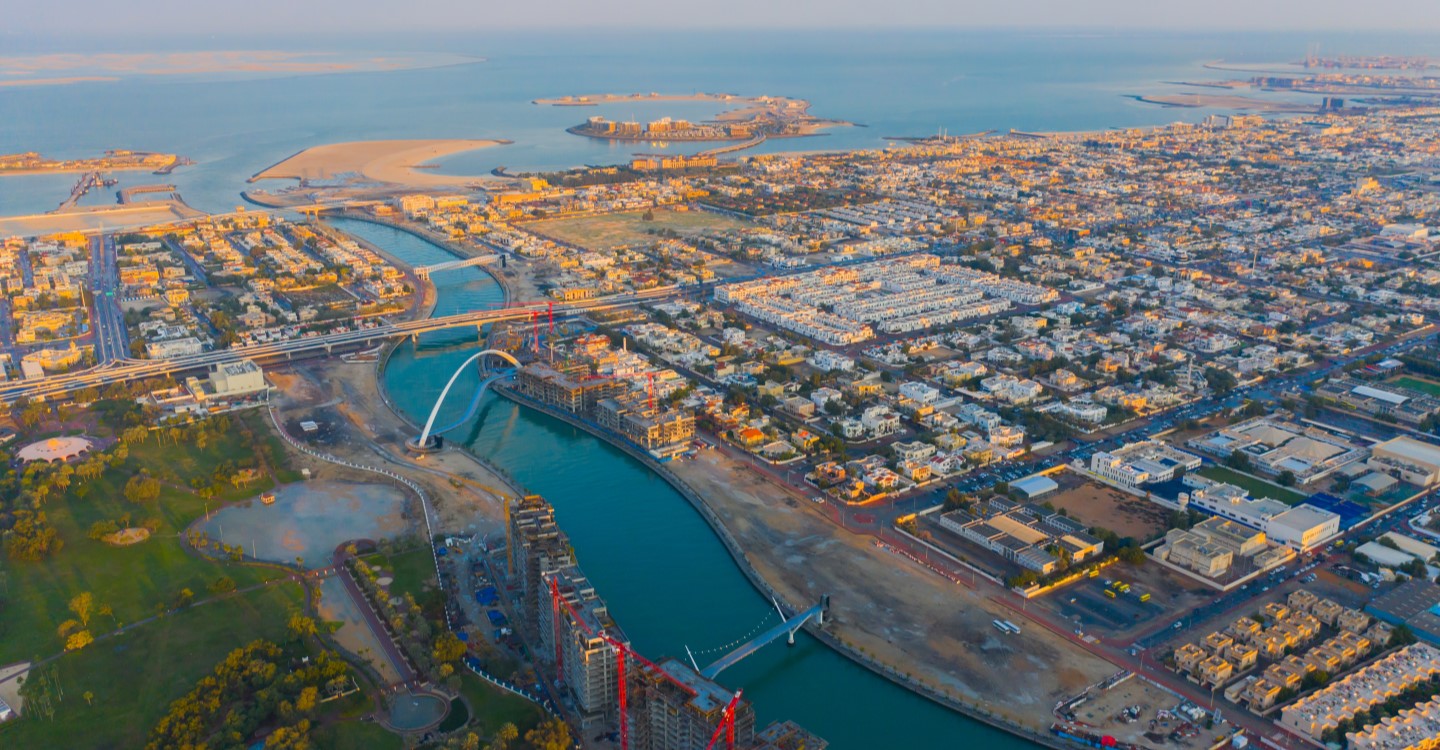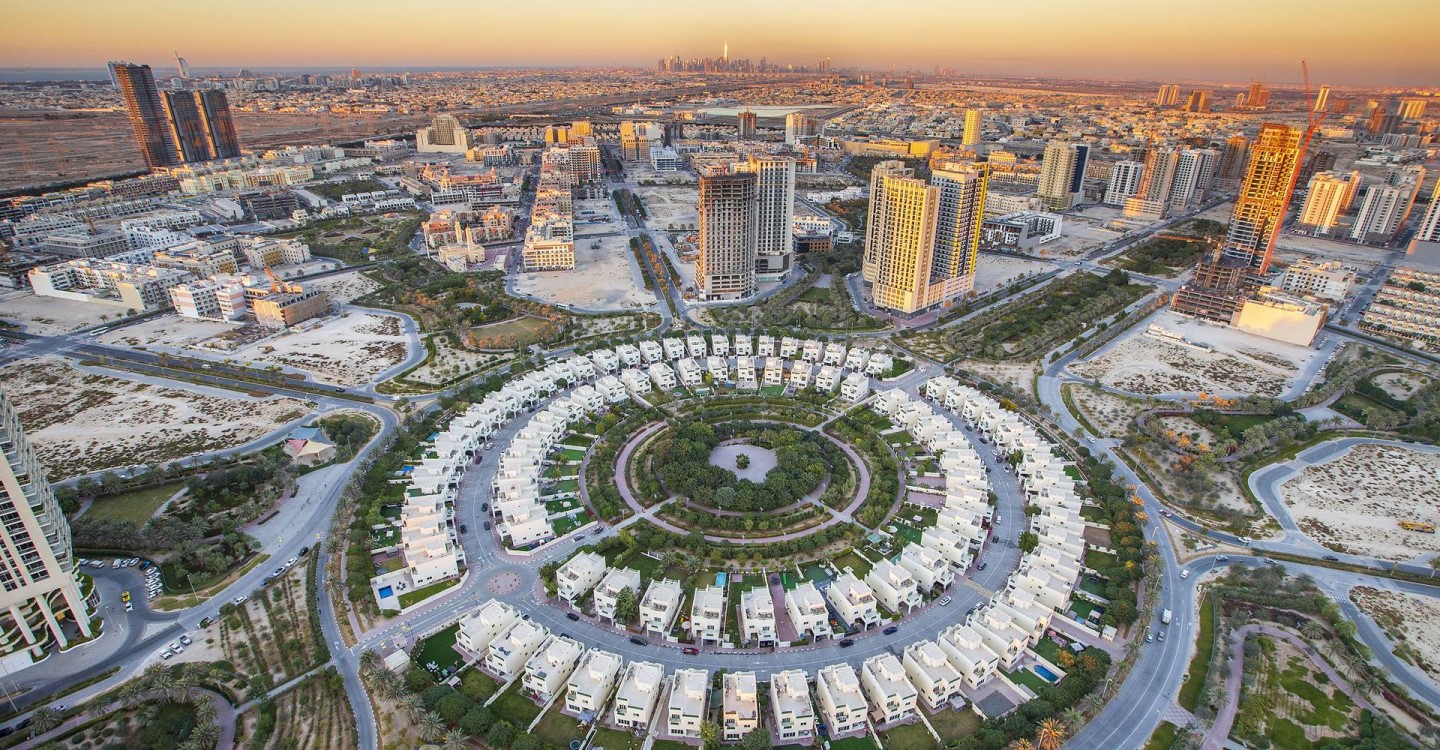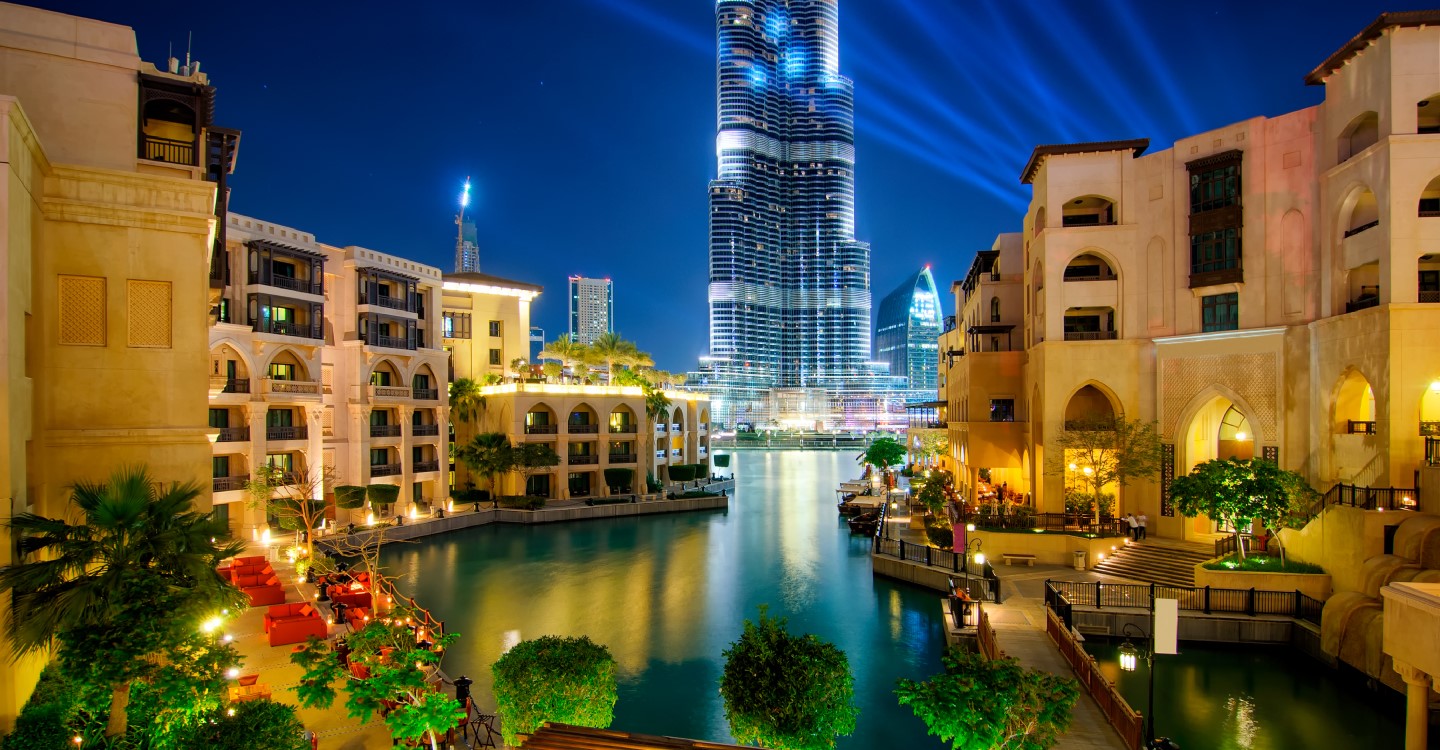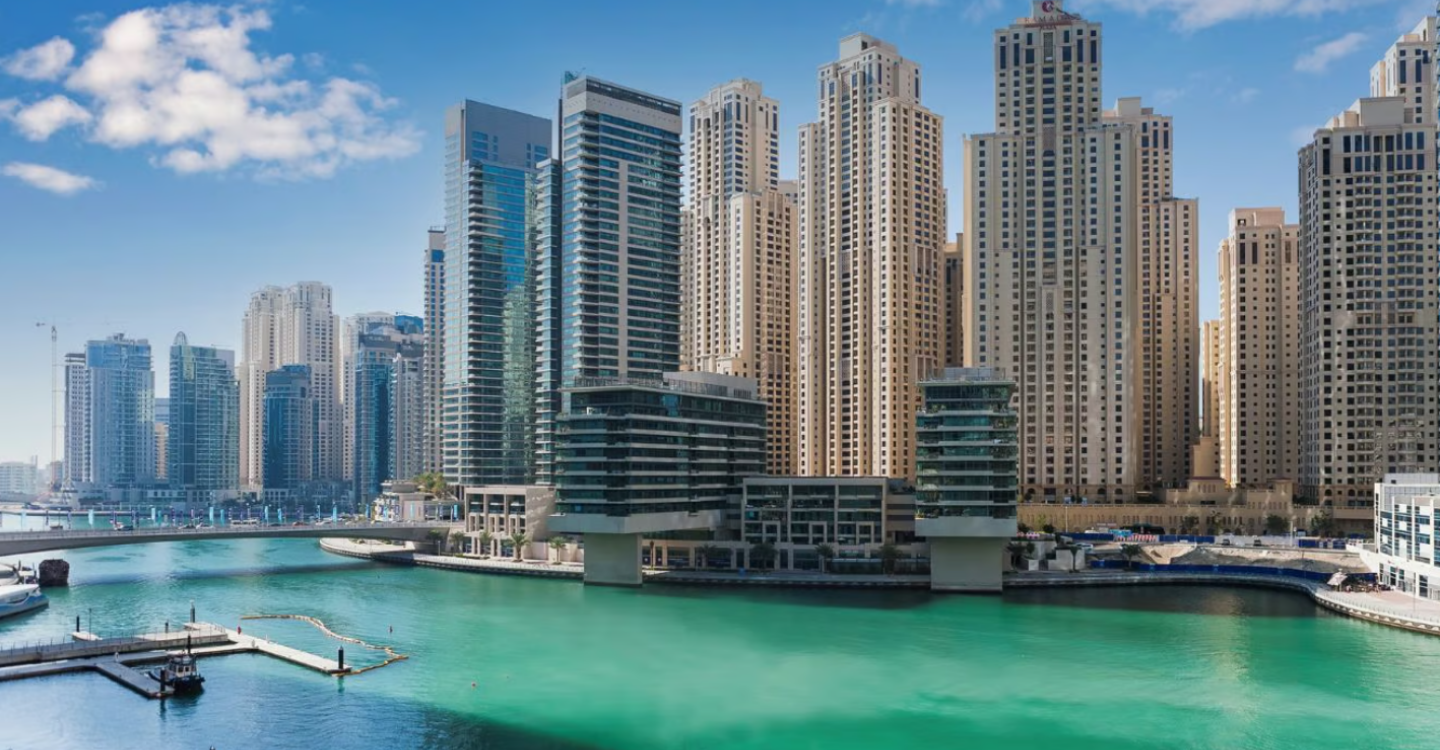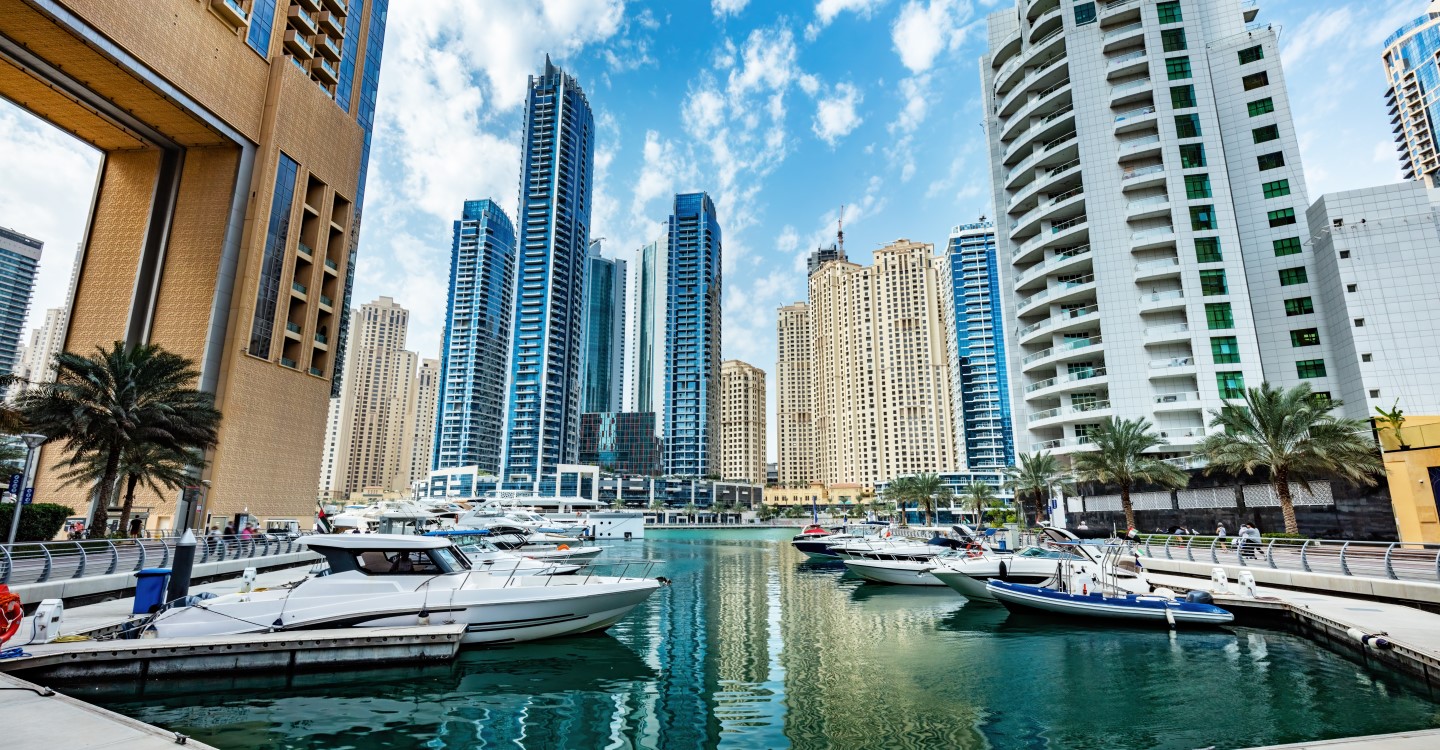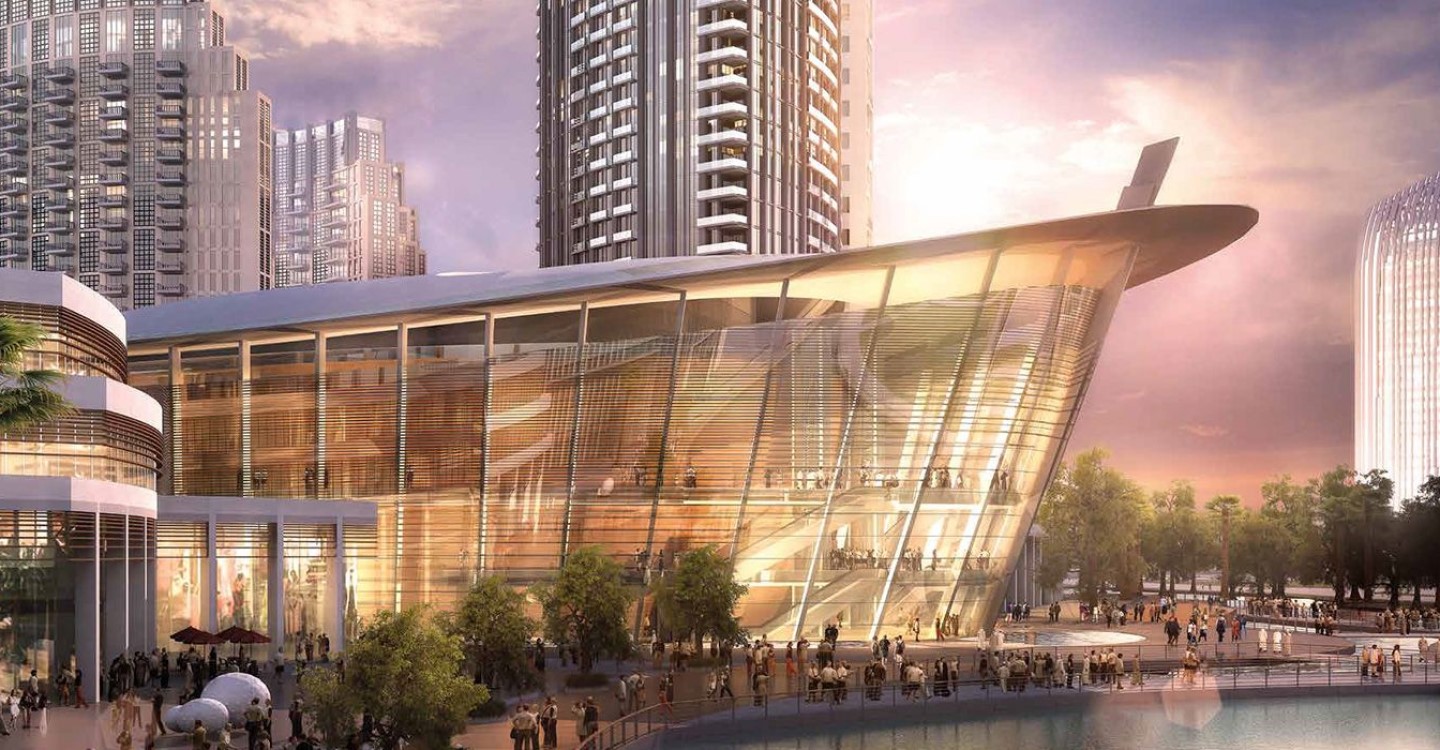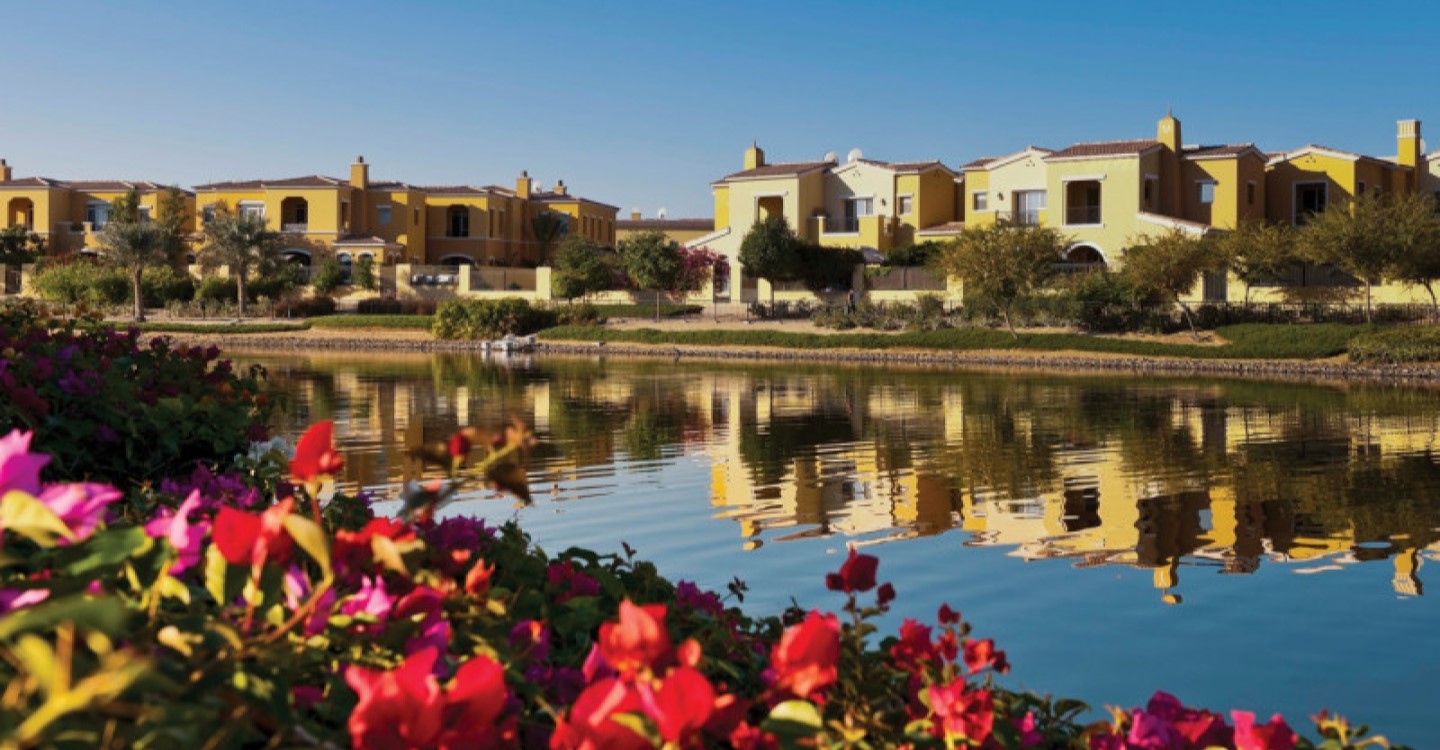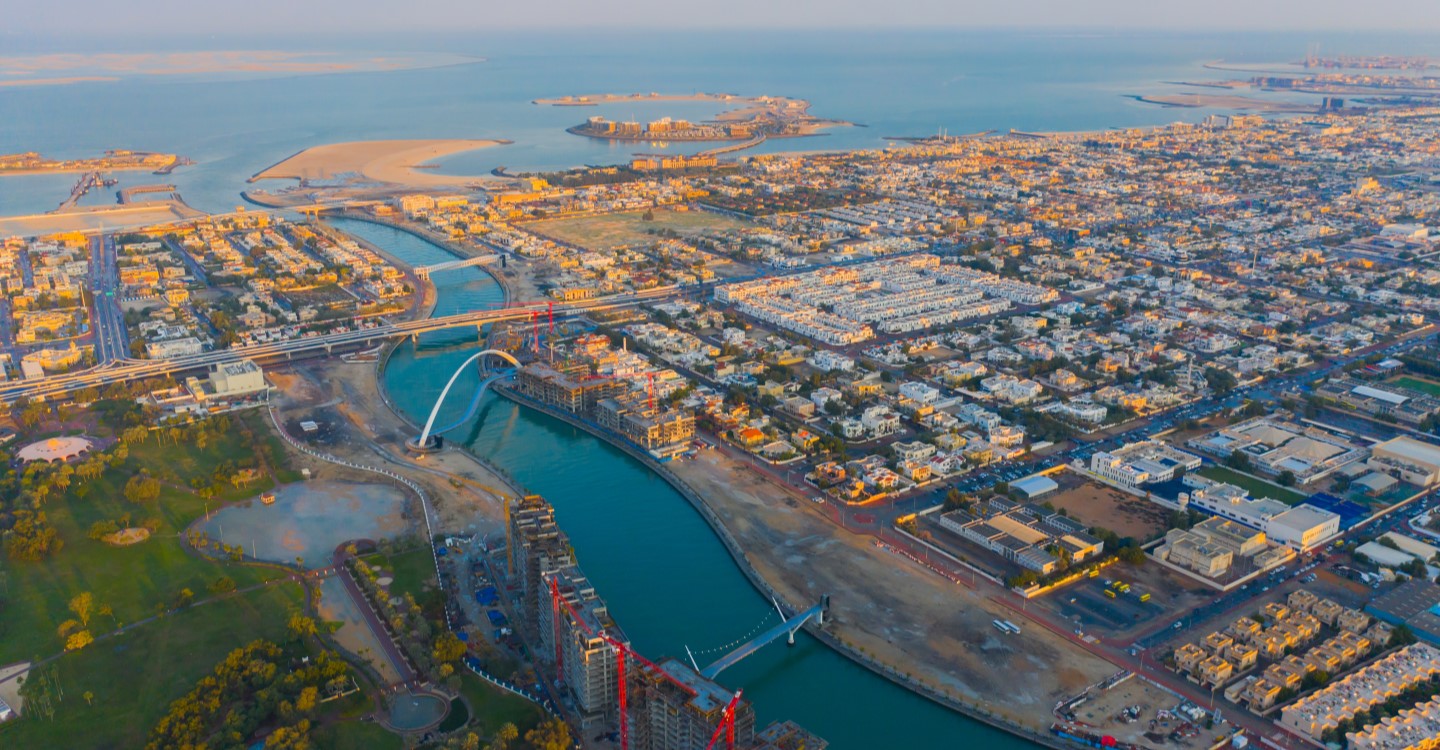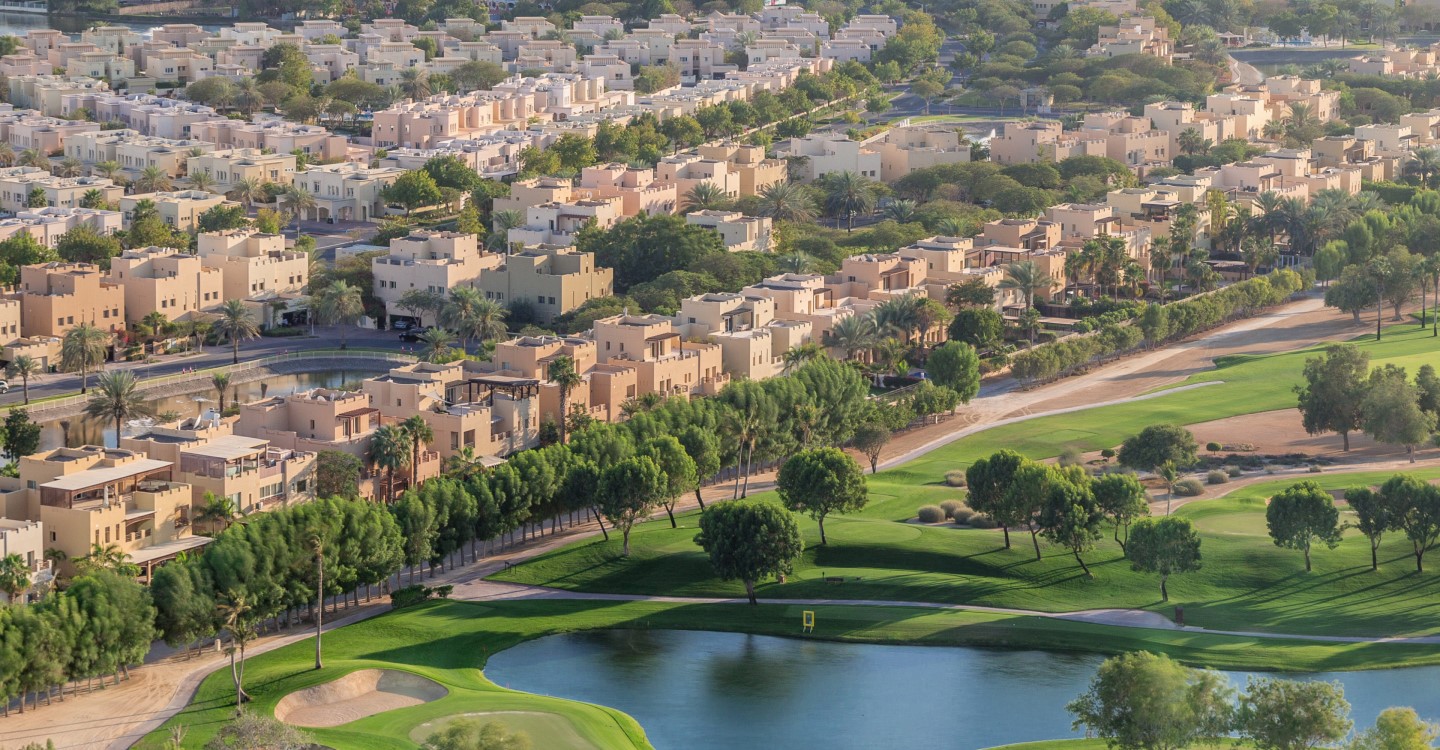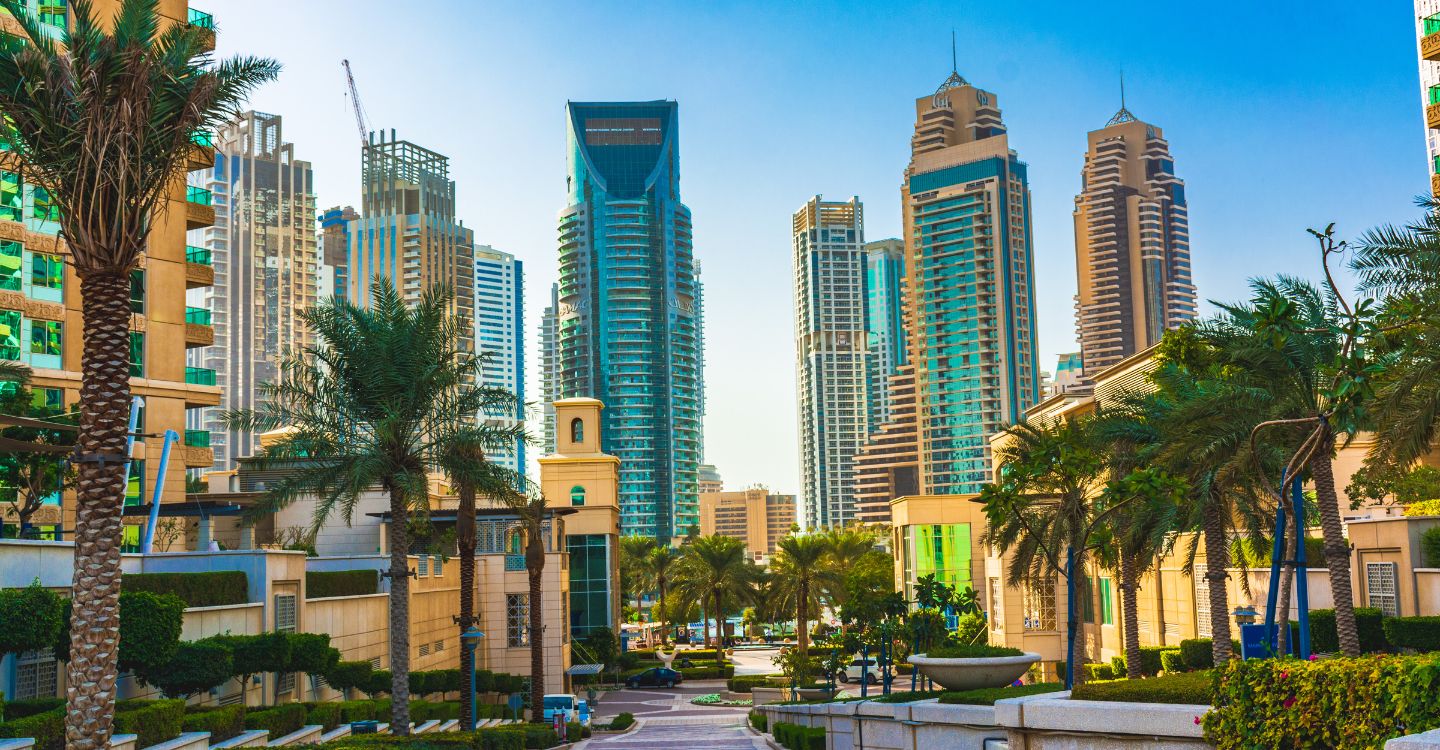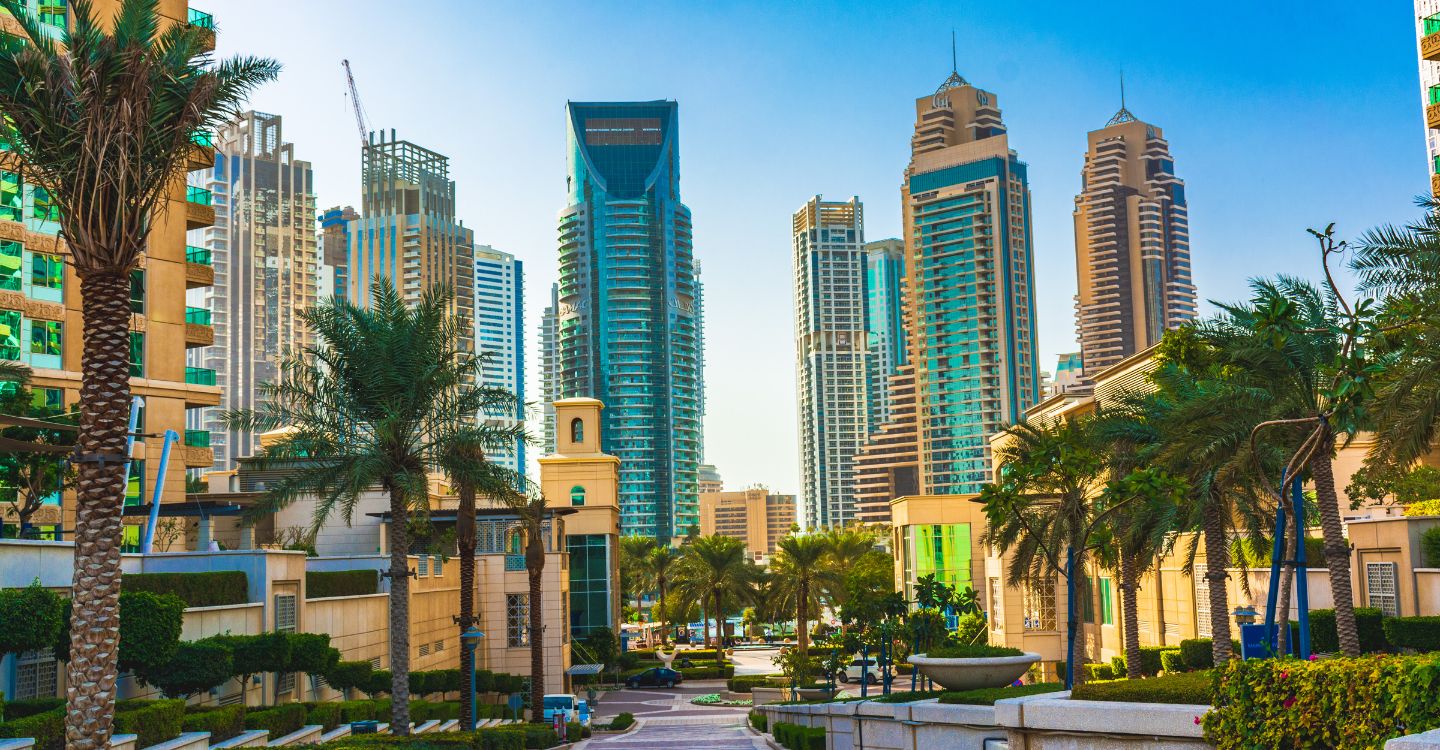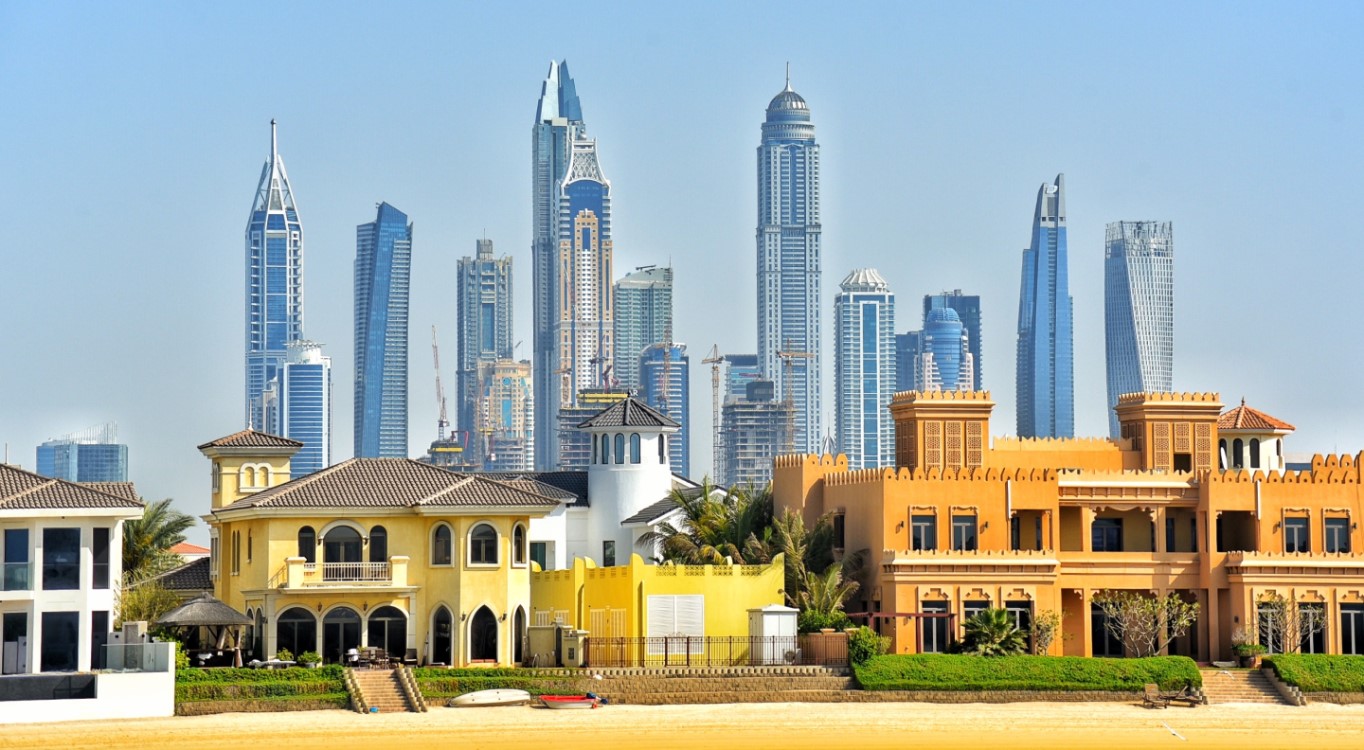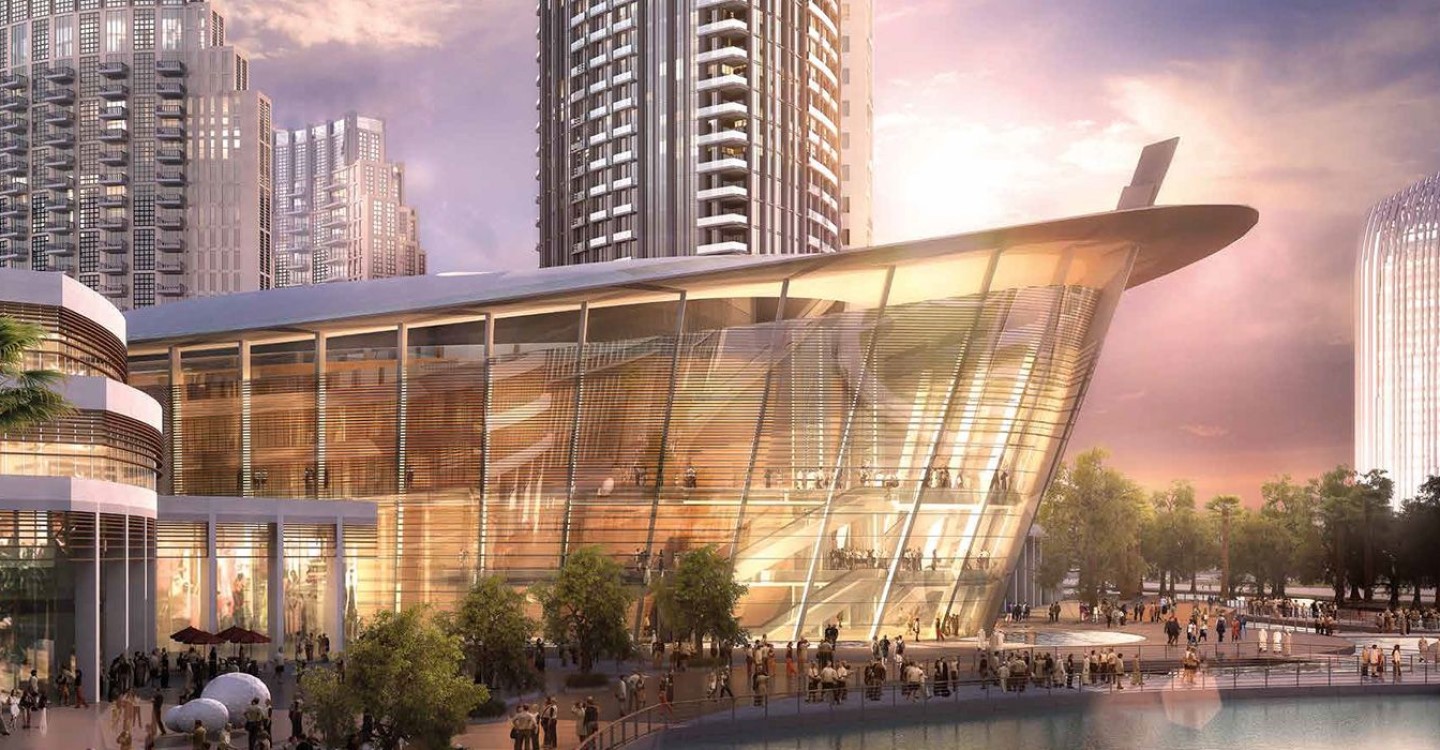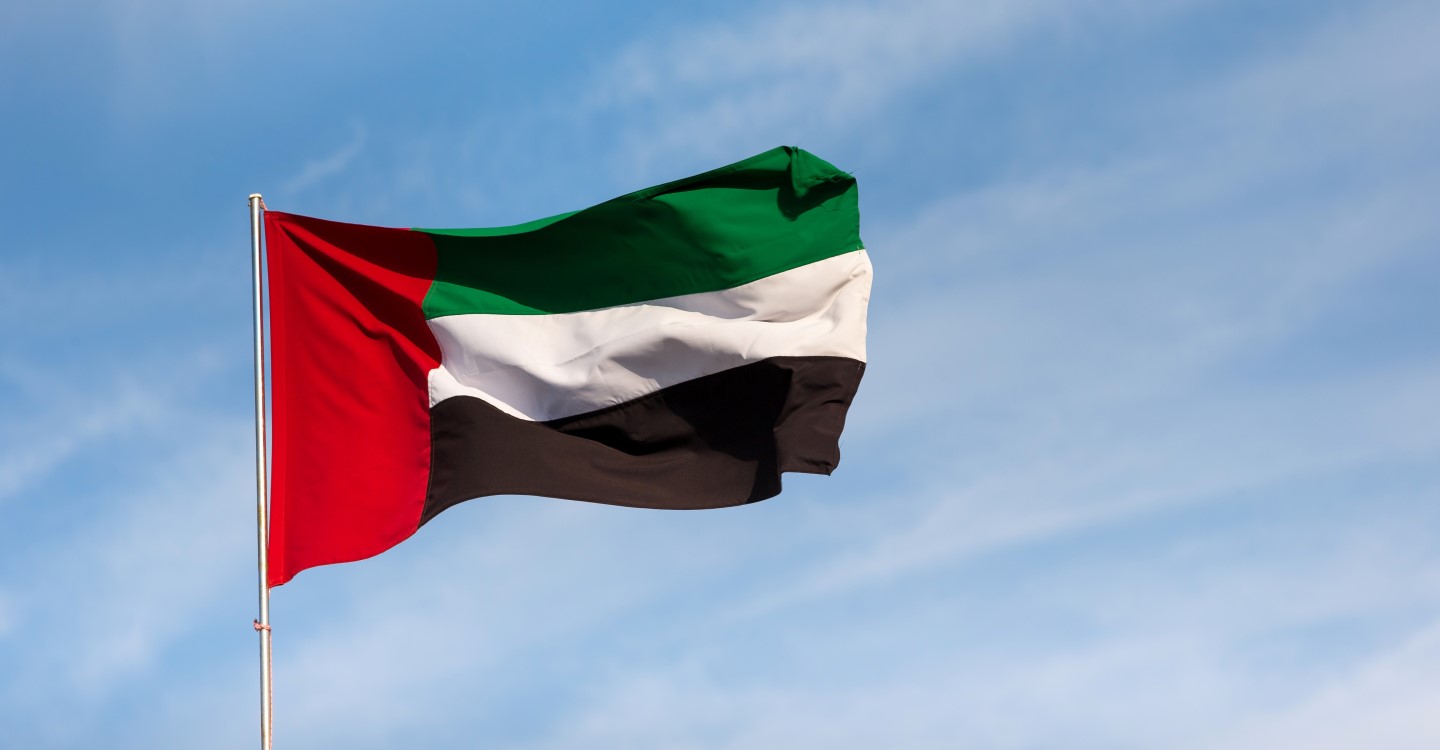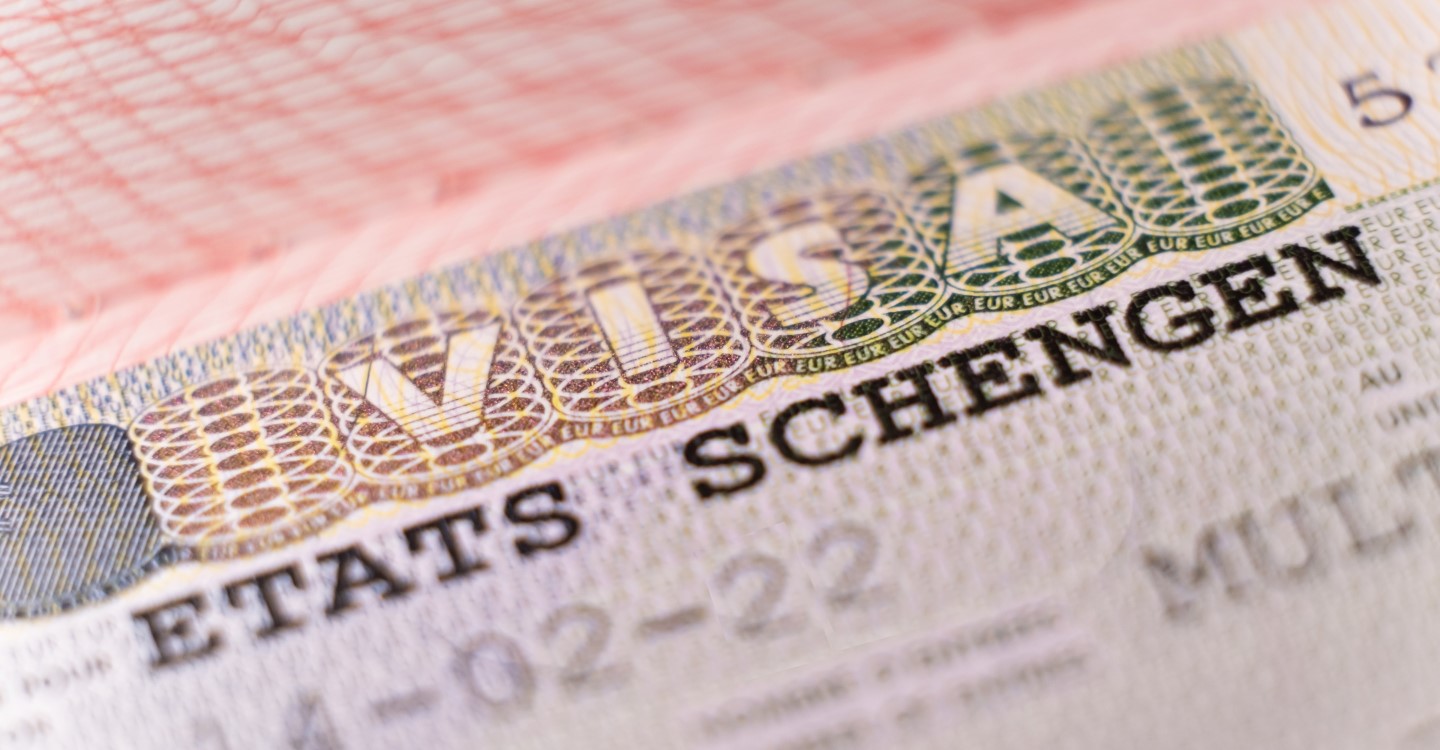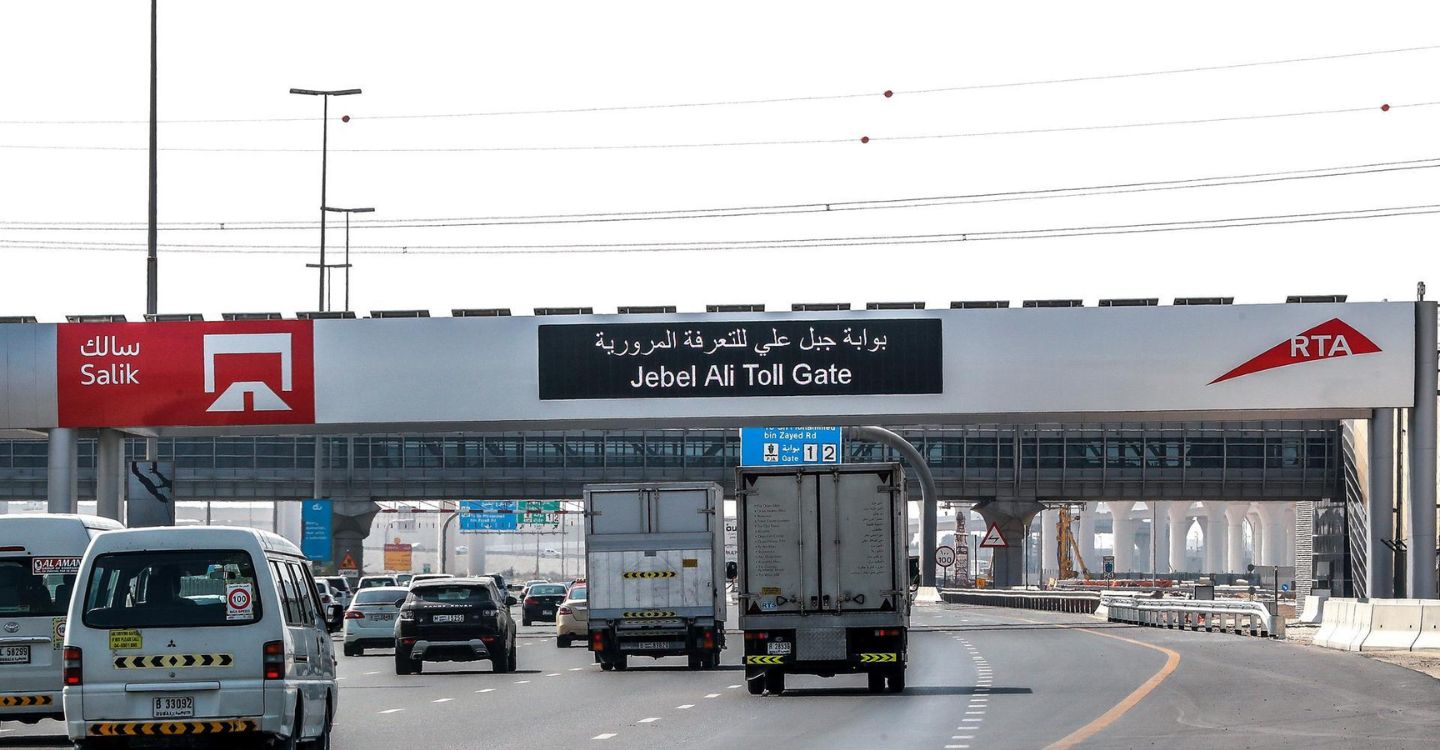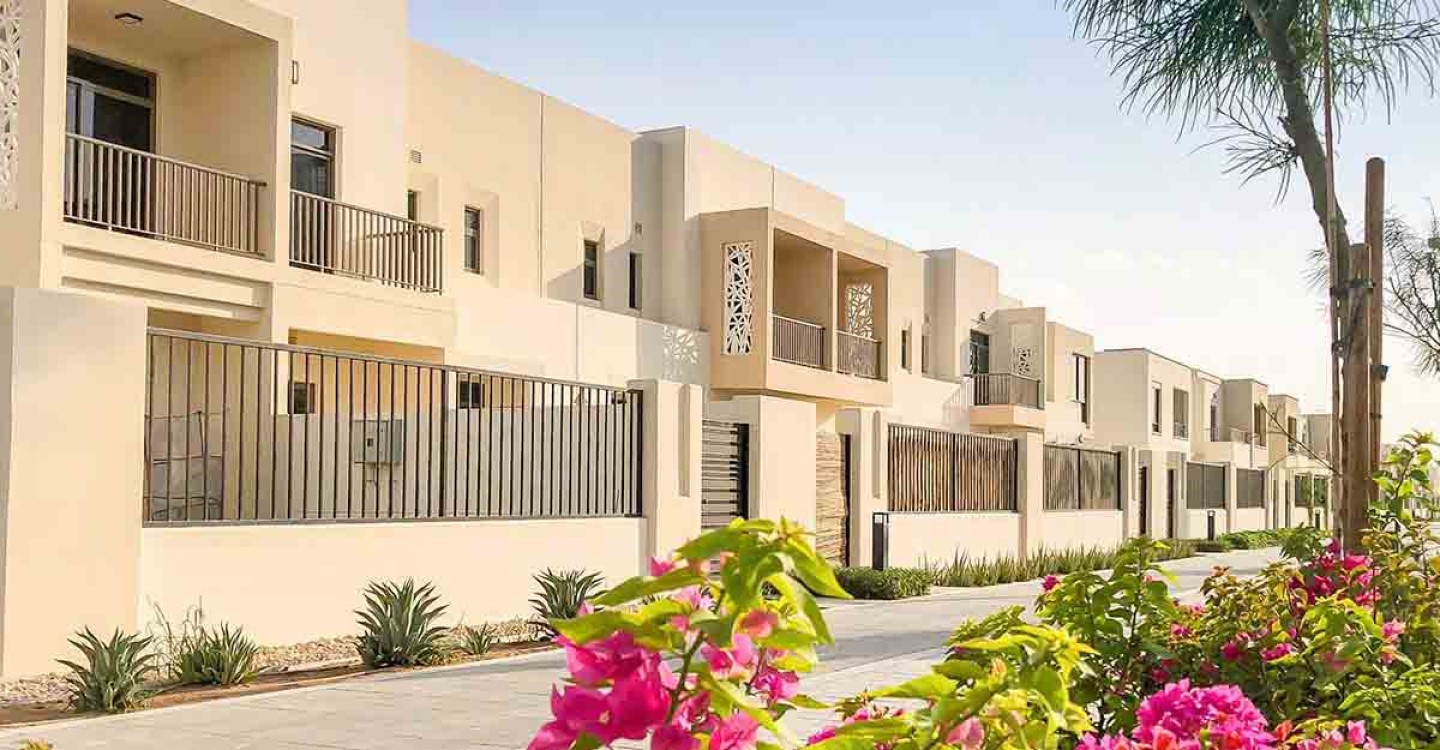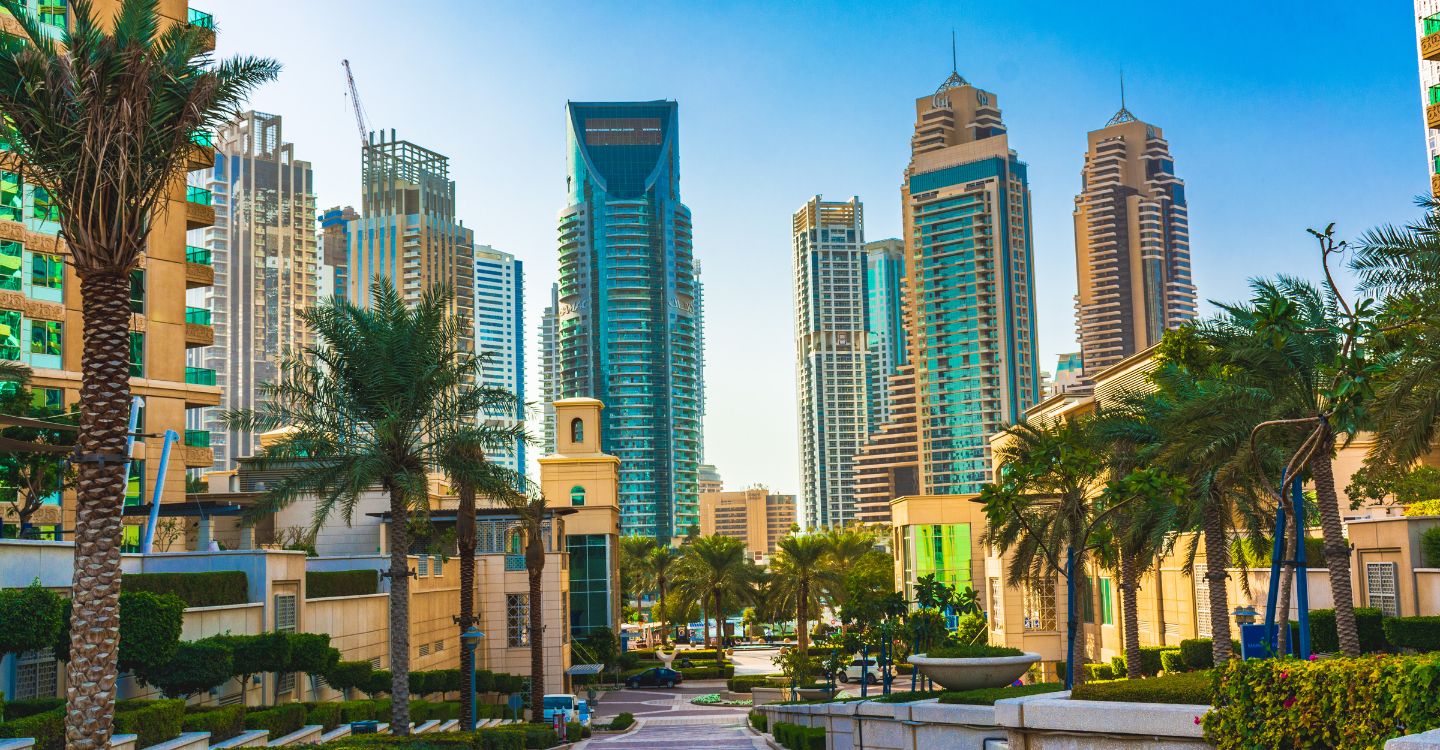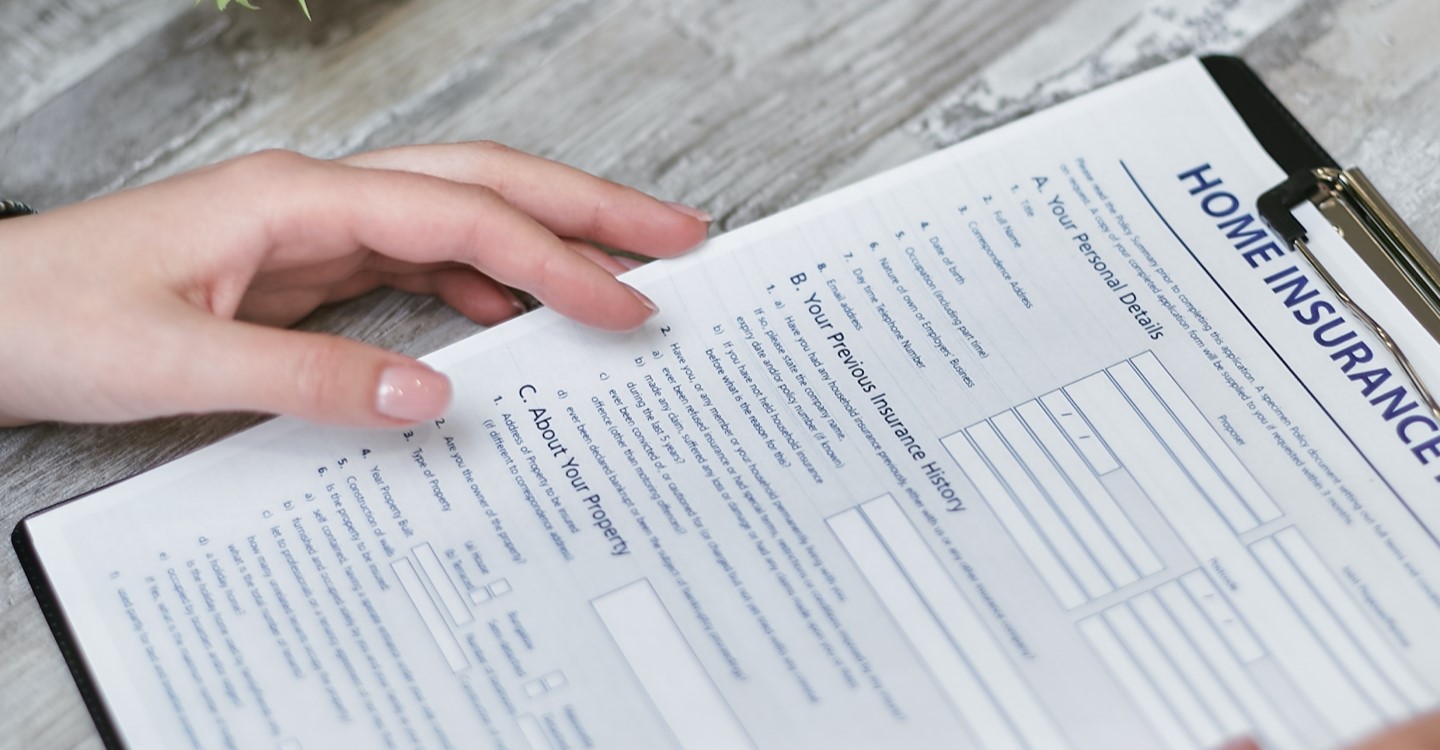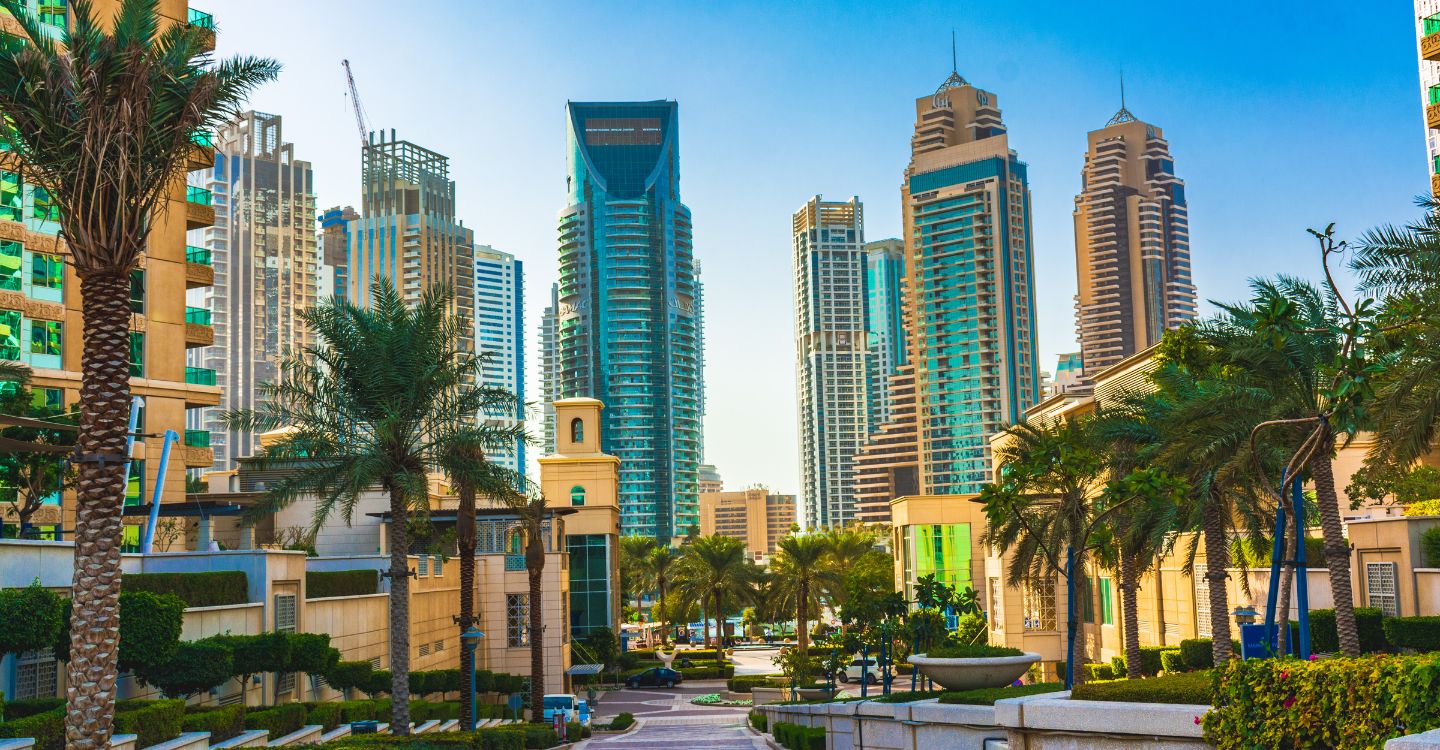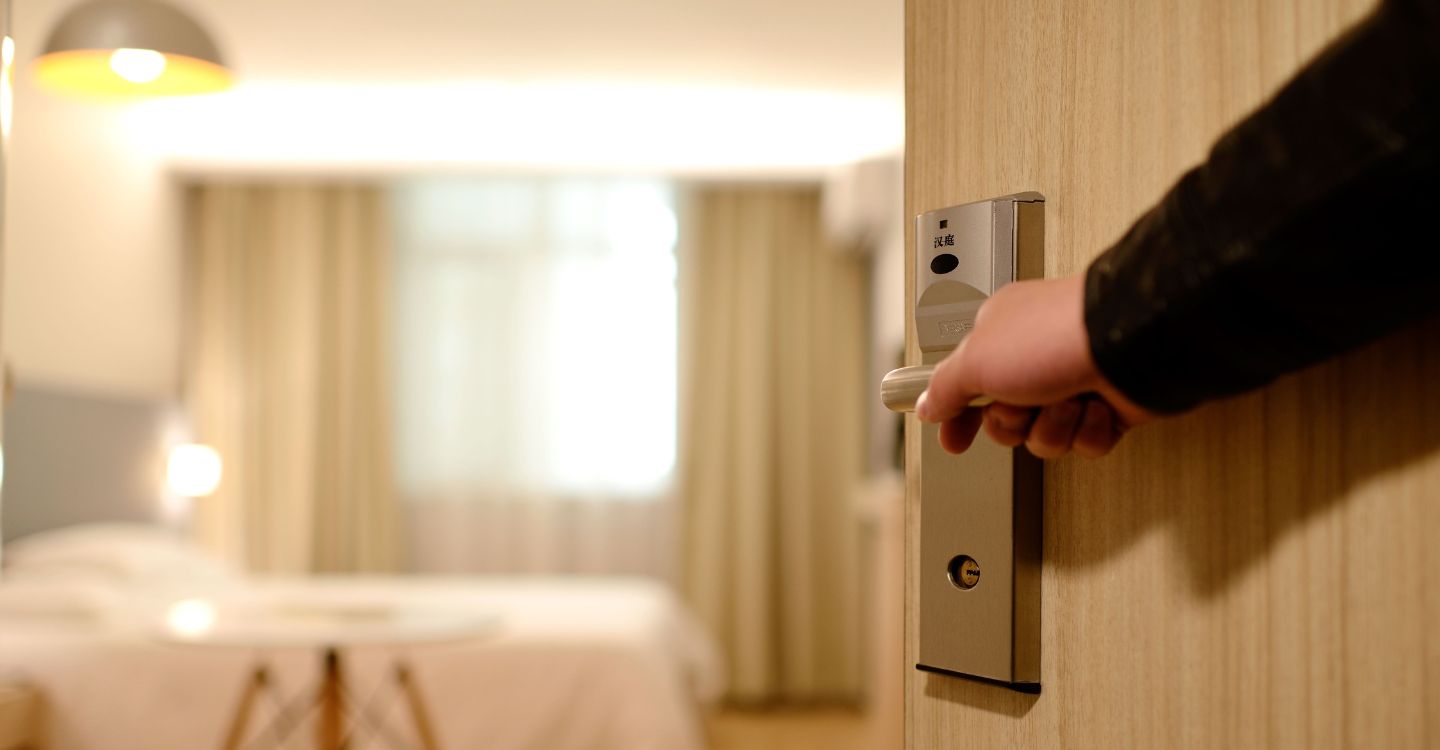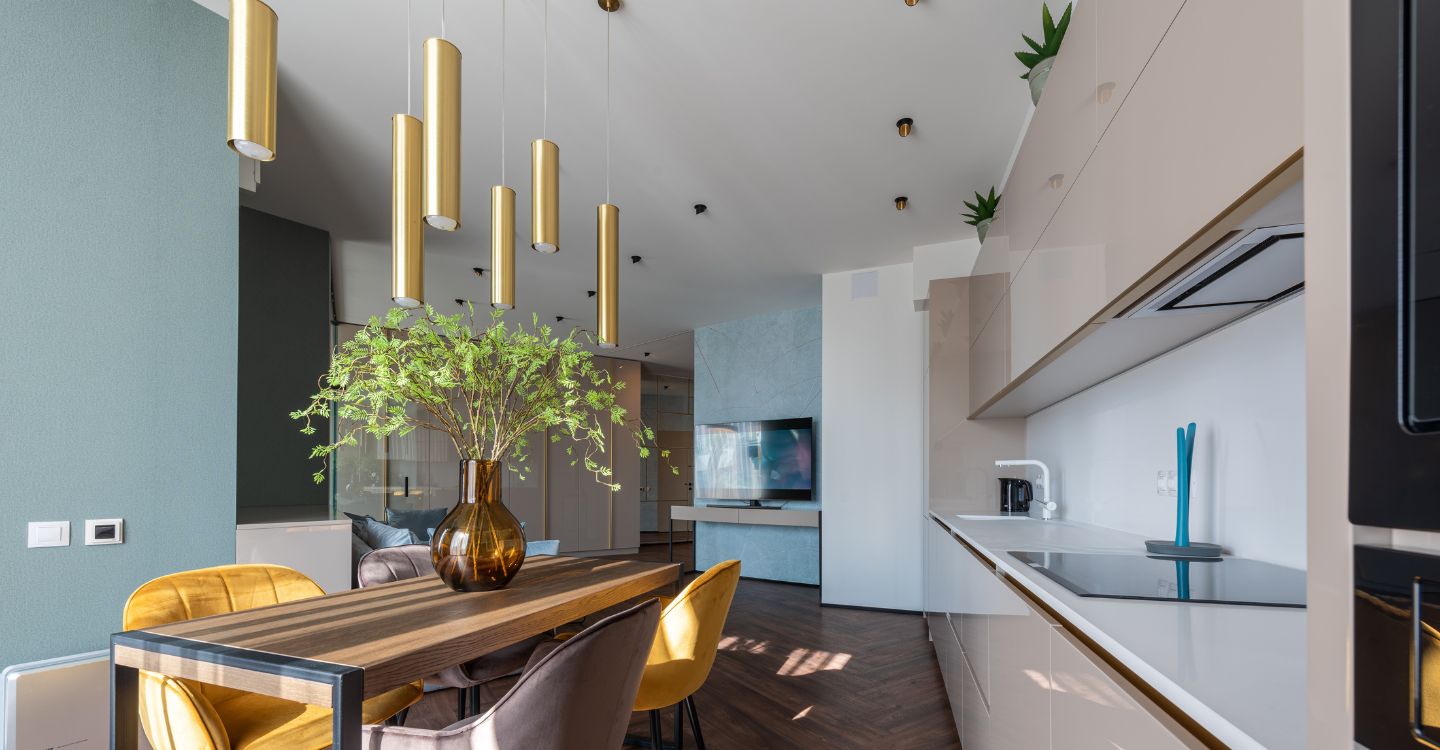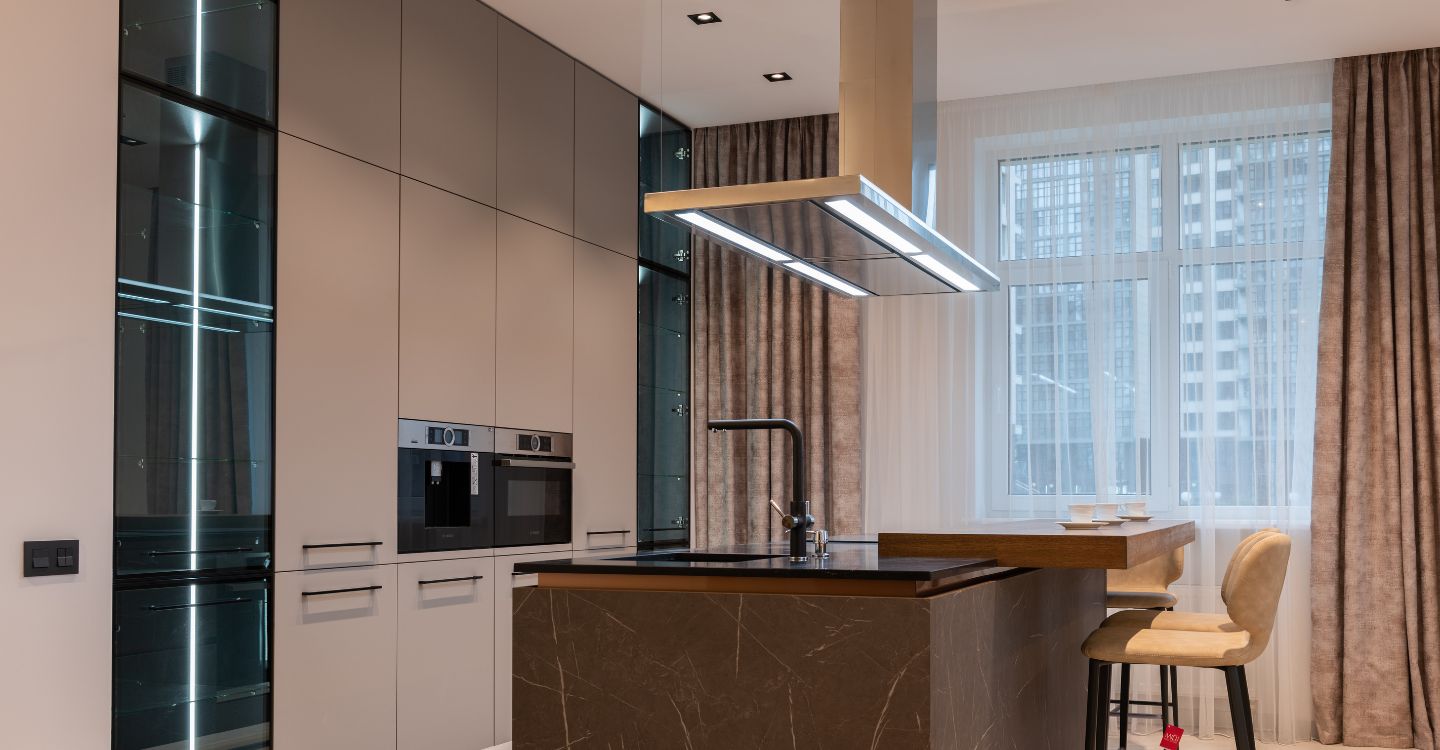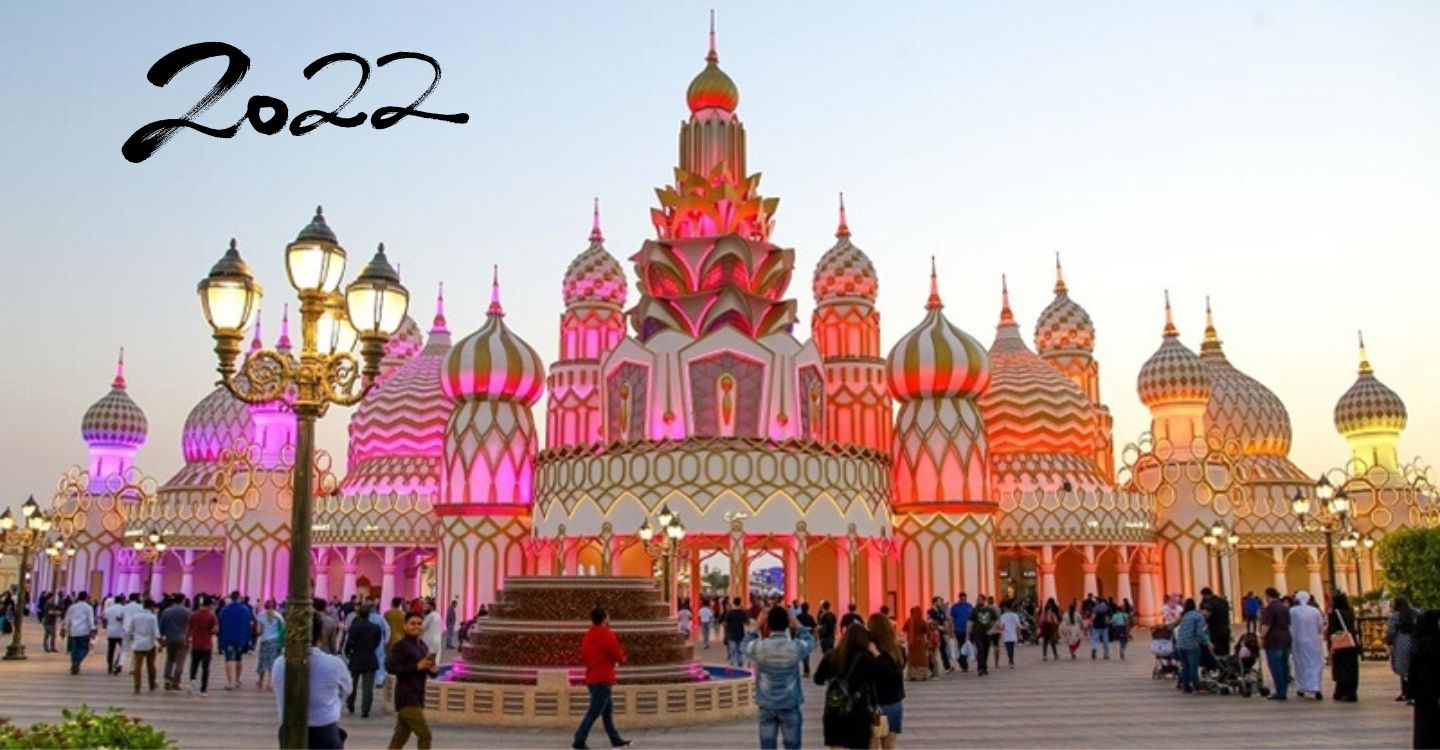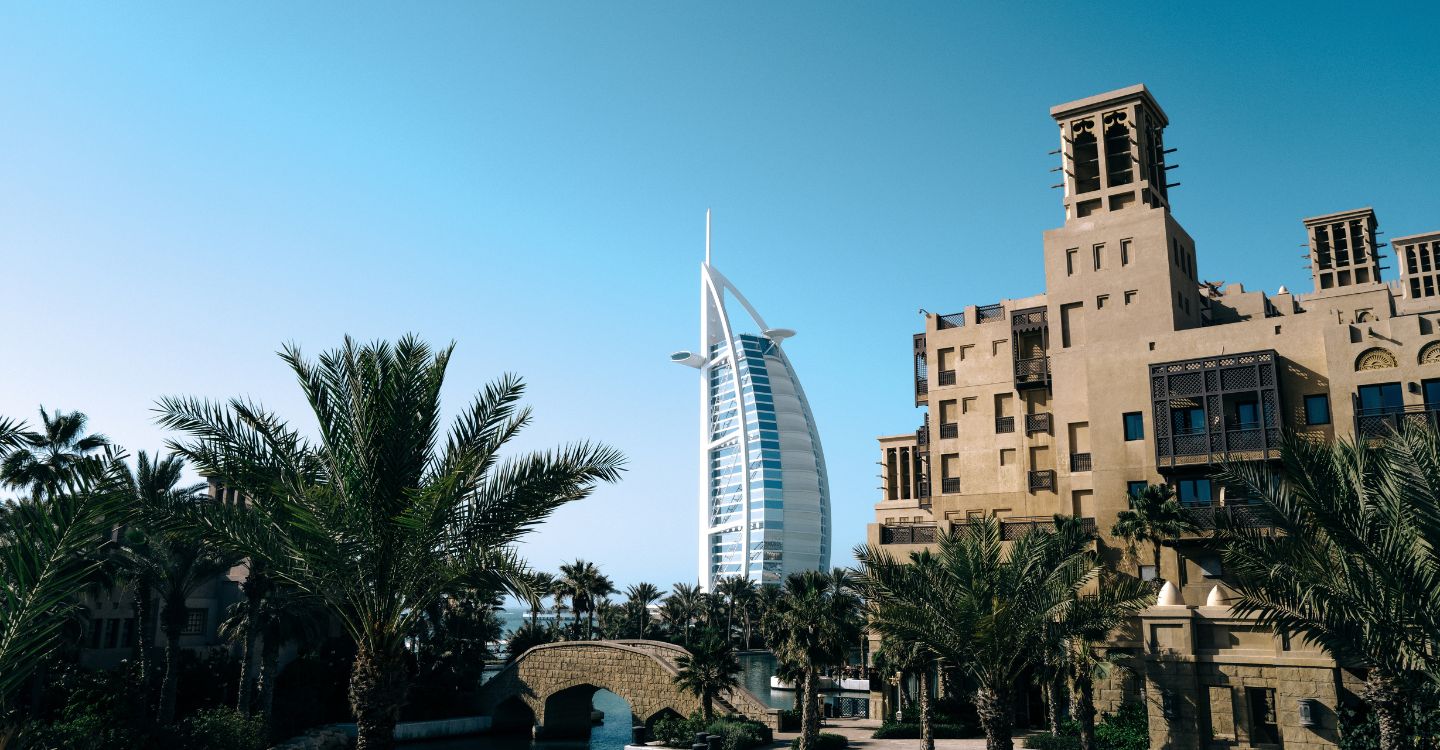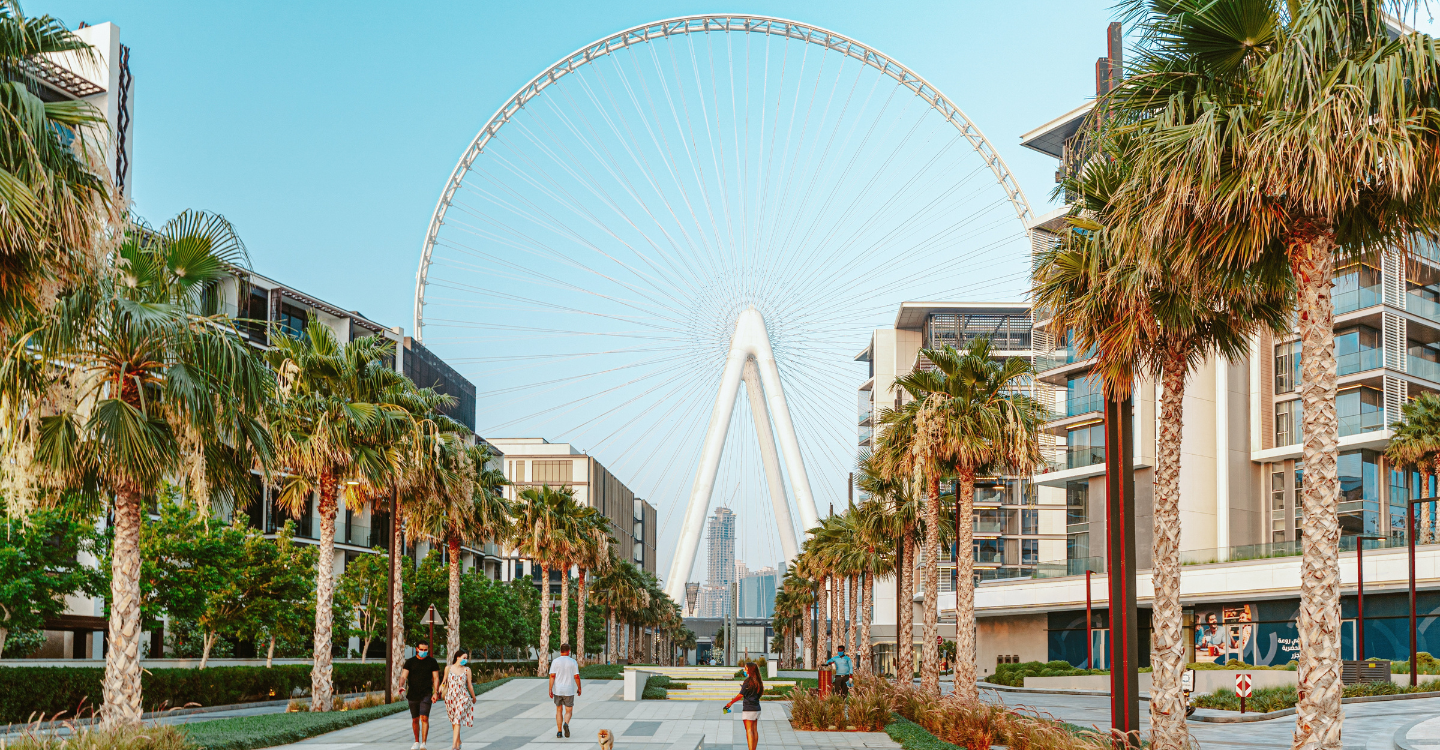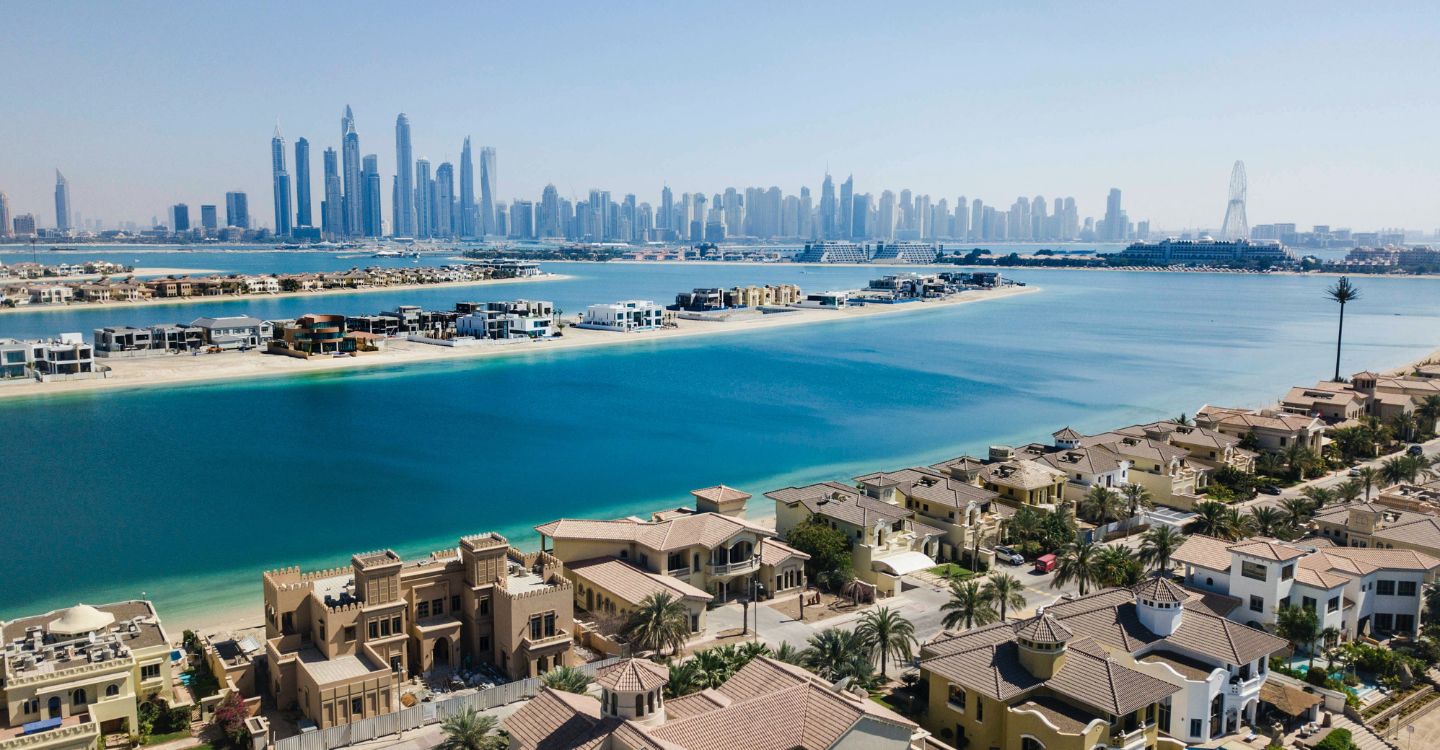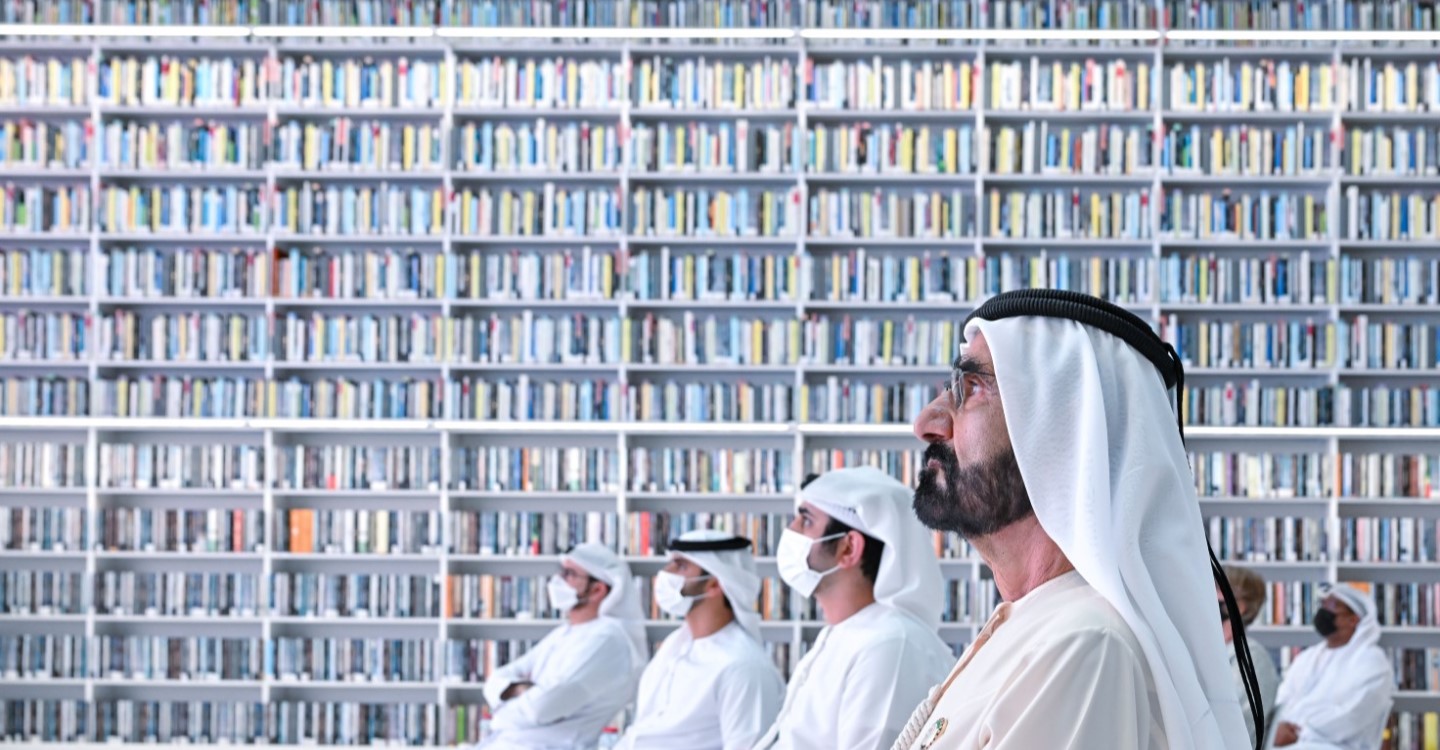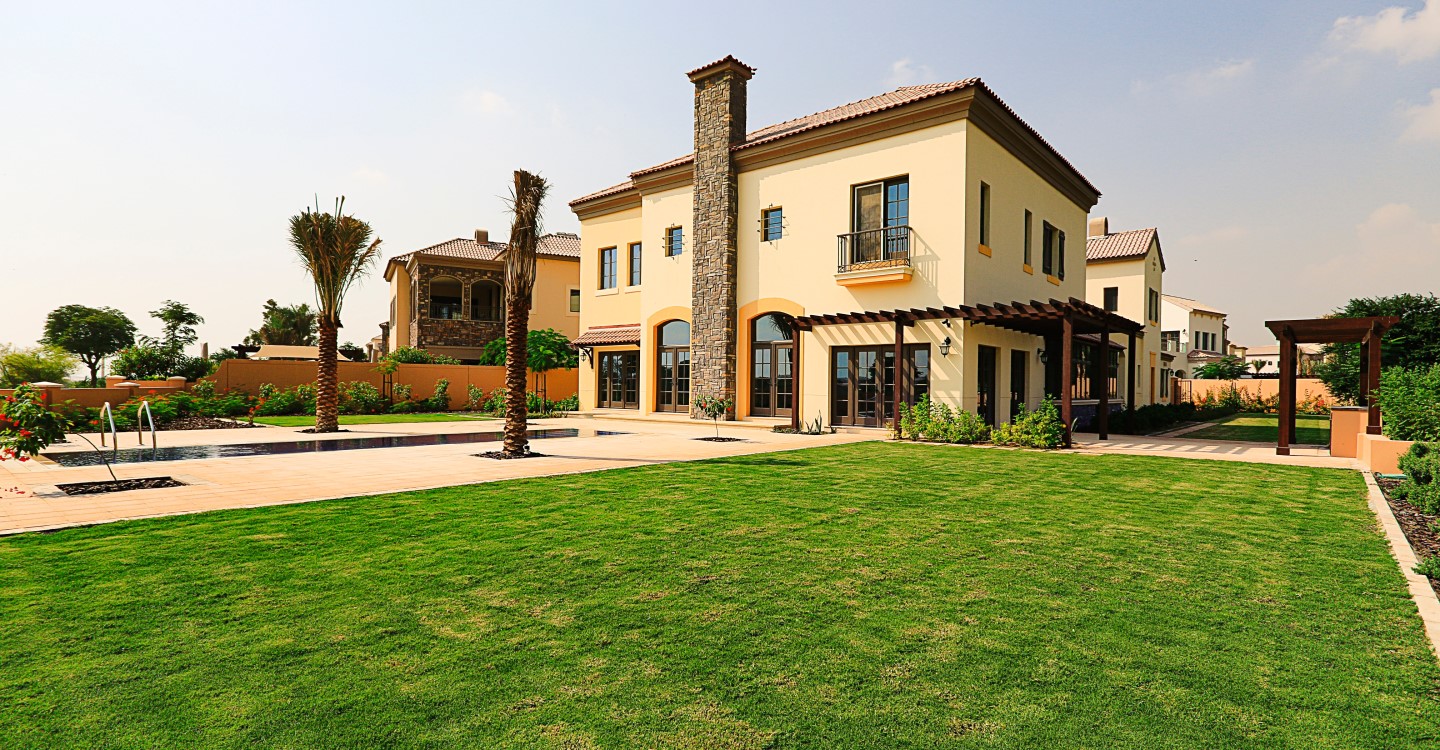
Dubai, the thriving metropolis known for its modernity and a dynamic real estate landscape, has become a hub for residents from around the world. As a tenant in Dubai, you've likely experienced the city's unique blend of luxury and convenience. The city's skyline, adorned with iconic skyscrapers, serves as a testament to its ambition and innovation. Its cosmopolitan atmosphere, vibrant culture, and year-round sunshine make it a magnet for people seeking a cosmopolitan yet comfortable lifestyle.
However, as your lease term approaches its end, you may find yourself at a crossroads, contemplating the process of renewing your tenancy. Dubai's real estate market is a dynamic and fast-paced arena, and understanding the intricacies of tenancy renewal is vital to making informed decisions about your living situation. Whether you're a long-time Dubai resident or a newcomer to this global city, this comprehensive guide is here to provide you with everything you need to know about Dubai tenancy renewal, ensuring that your experience of living in this remarkable metropolis remains as smooth and satisfying as the day you first arrived.
Understanding Dubai's Rental Landscape
Before delving into the specifics of tenancy renewal, it's essential to grasp the foundation of Dubai's rental landscape. Dubai offers a wide array of residential properties, from luxurious apartments in iconic skyscrapers to serene villas in gated communities. Rental terms in Dubai are typically for one year, but they can vary depending on your landlord and the specifics of your tenancy contract.
Why Consider Tenancy Renewal
Dubai's rapid growth and evolving real estate market have led to an influx of properties and tenants. While this provides a diverse range of housing options, it also means that the city's rental market can be competitive. As a current tenant, you might wonder why you should consider renewing your tenancy.
Here are some compelling reasons:
1. Familiarity and Convenience: Renewing your tenancy allows you to continue living in a place you're already familiar with. You don't need to go through the hassle of searching for a new home, packing, and moving.
2. Stable Rent: Tenancy renewal often comes with the advantage of a fixed rental rate for the next term. This can protect you from potential rent increases that are common in Dubai's dynamic real estate market.
3. Avoiding the Expense of Moving: Moving to a new home involves expenses such as agency fees, moving costs, and security deposits. Renewing your tenancy can save you from these financial burdens.
4. Minimal Disruption: Staying in your current residence means you won't have to adapt to a new neighborhood, new facilities, or a different daily commute.
Initiating the Renewal Process
The tenancy renewal process in Dubai typically begins two to three months before your current contract expires. It's essential to start early to allow ample time for negotiations and formalities. Here's a step-by-step guide to help you navigate the renewal process:
1. Communicate with Your Landlord
Contact your landlord or property management company to express your interest in renewing your tenancy. Make sure to initiate this communication well in advance of your current contract's expiration date.
2. Review Your Existing Contract
Before entering into renewal discussions, thoroughly review your existing tenancy contract. Pay attention to clauses related to the renewal process, notice periods, and any conditions that may apply.
3. Negotiate Terms
Once you've expressed your interest in renewing, you can discuss the terms with your landlord. This is an opportunity to negotiate any changes to the rental amount, payment schedule, or other conditions.
4. Submit the Renewal Notice
If both you and your landlord agree on the renewal terms, it's time to draft and sign a renewal notice. This document outlines the terms of the renewed contract, including the rental amount, payment schedule, and any other agreed-upon conditions.
5. Renew the Tenancy Contract
After the renewal notice is signed, the next step is to renew the tenancy contract. This involves updating the contract to reflect the new terms and signing it by both parties. The updated contract should be registered with the Dubai Land Department.
6. Pay the Renewal Fees
Dubai's tenancy renewal process involves certain fees that are typically shared between the landlord and tenant. These fees include the Ejari renewal fee and the agency fee, if applicable. Make sure to clarify the cost-sharing arrangement with your landlord.
Important Legal Considerations
Dubai has established laws and regulations to govern the rental market and protect the rights of both tenants and landlords. Familiarize yourself with these key legal considerations when renewing your tenancy:
1. Ejari Registration: The Ejari system is a mandatory registration system for all rental contracts in Dubai. It's crucial to ensure that your renewed tenancy contract is registered with Ejari to make it legally valid.
2. Rent Caps: Dubai's Real Estate Regulatory Authority (RERA) sets annual rent increase limits. Be aware of the current rent cap to ensure your landlord adheres to the legal limits when negotiating rental increases.
3. Security Deposit: The security deposit, typically equivalent to one month's rent, should be refunded to you upon the termination of the tenancy contract. Ensure that your deposit is protected and clearly outlined in the renewal terms.
4. Notice Period: Dubai law stipulates that both landlords and tenants must provide at least 90 days' notice before terminating a tenancy contract. Be sure to adhere to this notice period when considering renewal or termination.
Common Misconceptions About Tenancy Renewal
There are several misconceptions about tenancy renewal in Dubai. Let's debunk some of these myths:
1. Landlords Can Automatically Raise the Rent: Landlords cannot unilaterally increase the rent. Any rent increase must adhere to the RERA's annual rent increase limits, and you have the right to negotiate these terms.
2. Landlords Can Evict Tenants Without Cause: Evicting tenants in Dubai requires valid reasons, such as non-payment of rent or violating the terms of the tenancy contract. Your landlord cannot evict you without cause.
3. You Can't Negotiate Terms: You have the right to negotiate the renewal terms with your landlord. Don't assume that the terms are fixed and non-negotiable.
Renewing in the Current Rental Market
Dubai's rental market can fluctuate, and it's essential to consider the current market conditions when renewing your tenancy. Here are some factors to keep in mind:
1. Rental Trends: Research the current rental trends in your area. Are rents increasing or decreasing? Knowing the market conditions will help you negotiate from an informed standpoint.
2. Neighbourhood Development: Changes in your neighborhood, such as new amenities or developments, can impact property values and rental rates. Consider how these changes may affect your decision to renew.
3. Market Competition: Are there similar properties available at a more attractive rate? It's worth exploring the market to ensure that your renewal terms are competitive.
The Role of Real Estate Agencies
In Dubai, many tenancy contracts are facilitated through real estate agencies. If you're working with an agency, they can assist you throughout the renewal process. They can also provide valuable market insights and help you negotiate favorable terms with your landlord.
Conclusion
Renewing your tenancy in Dubai is a significant decision that requires careful consideration and planning. By understanding the renewal process, your legal rights, and the current rental market conditions, you can make an informed choice that suits your needs and preferences. Dubai's rental market offers a diverse range of properties, and whether you choose to renew or explore new opportunities, the city remains a dynamic and welcoming place to call home.


















